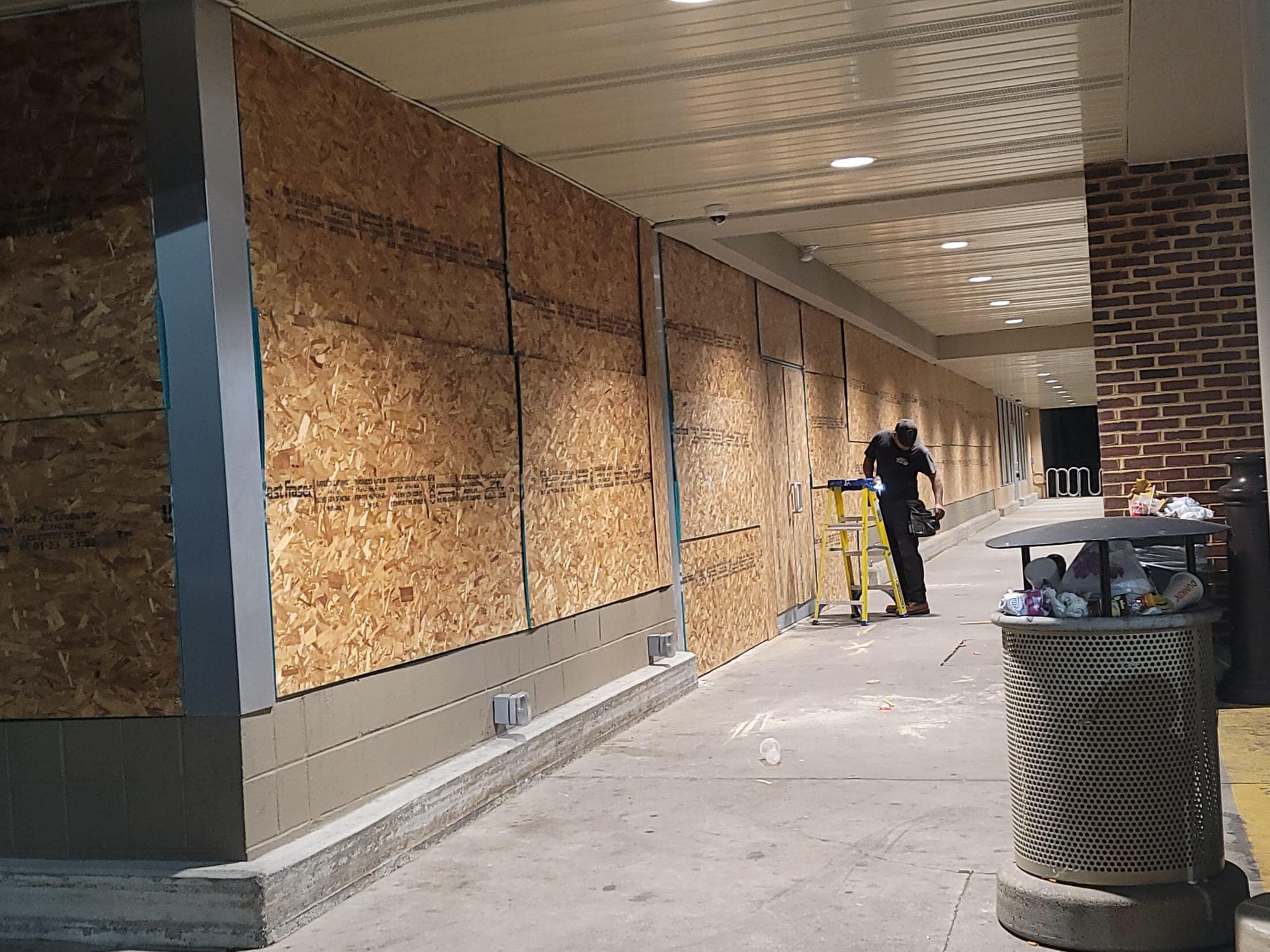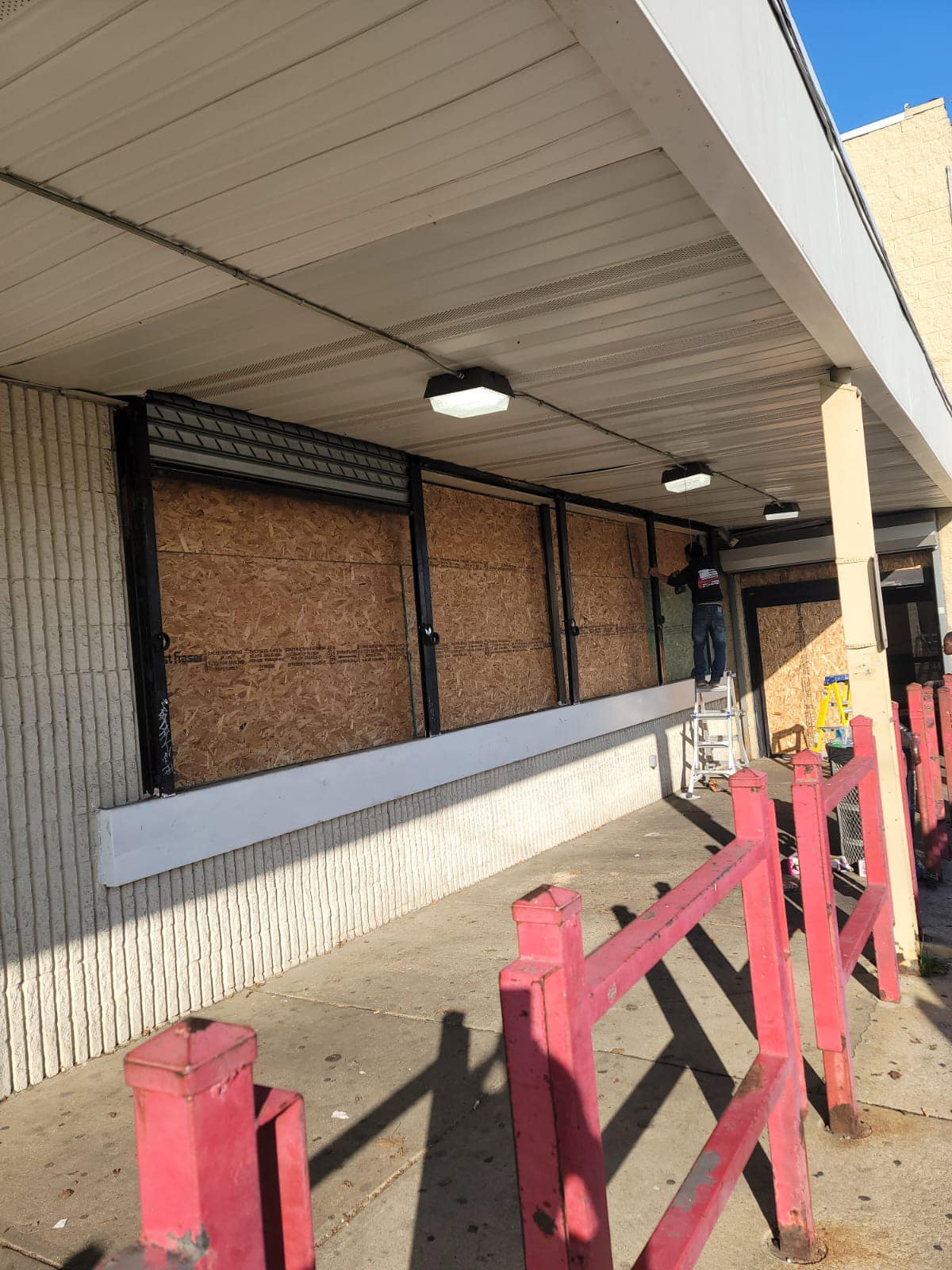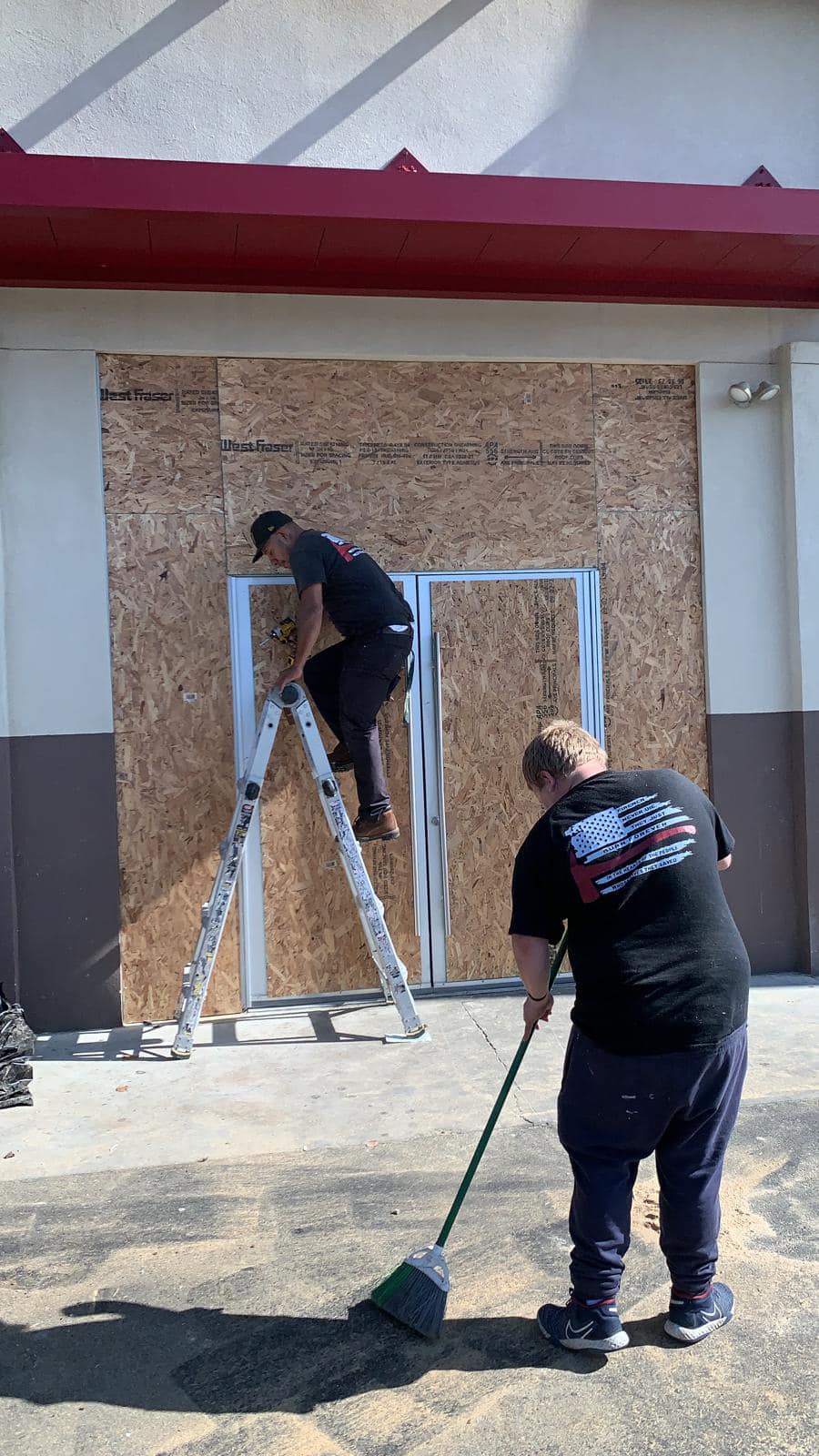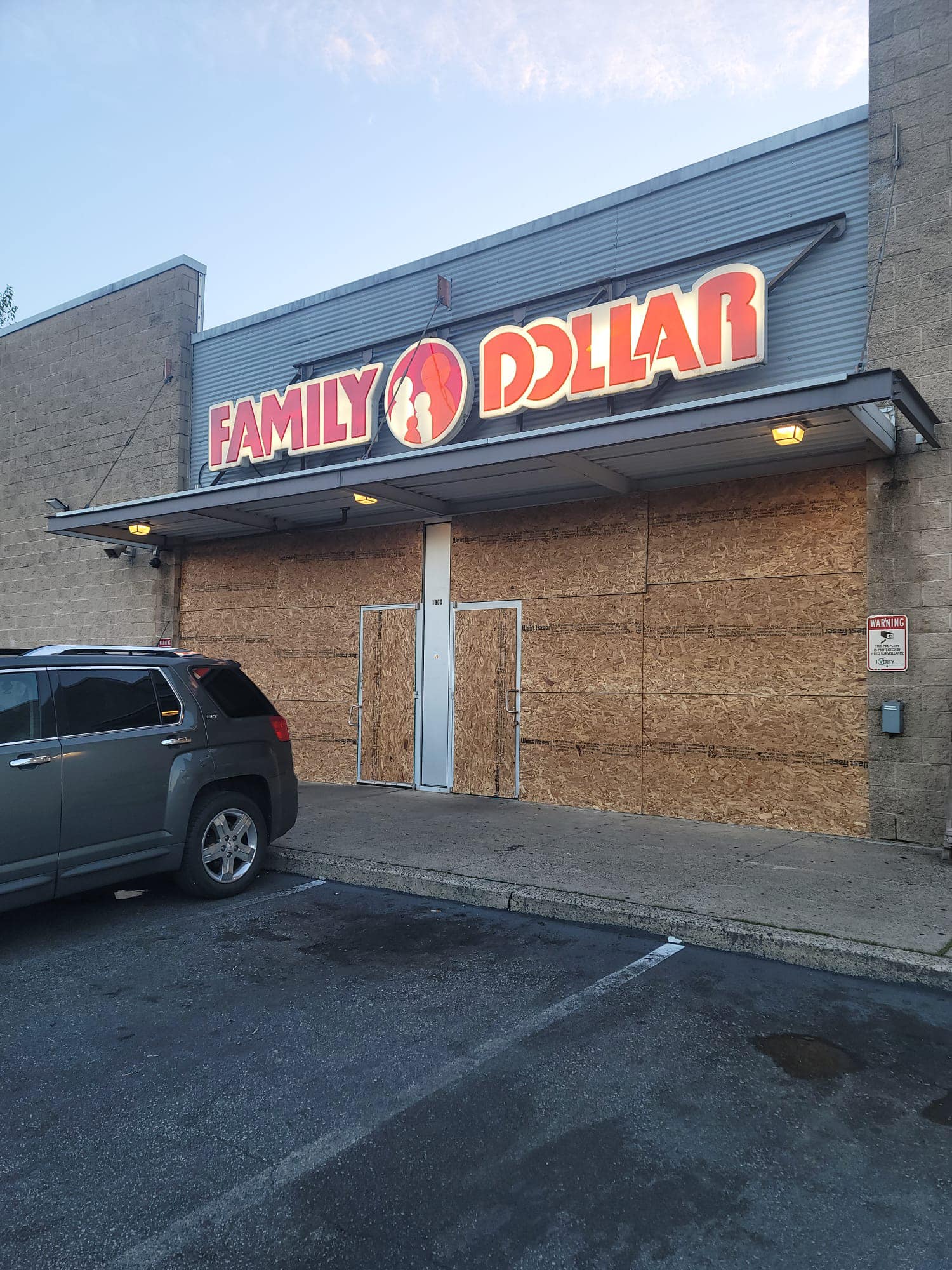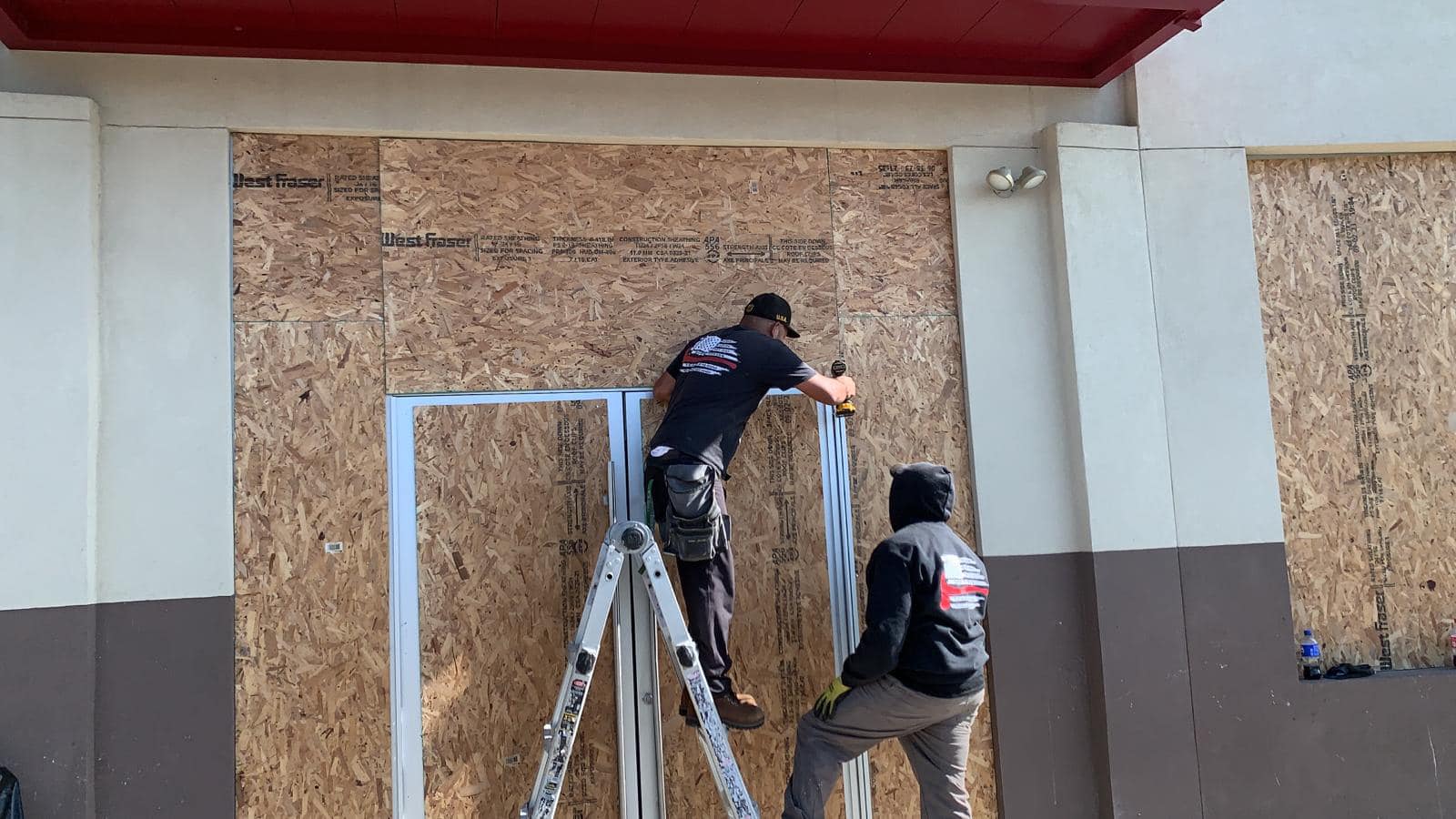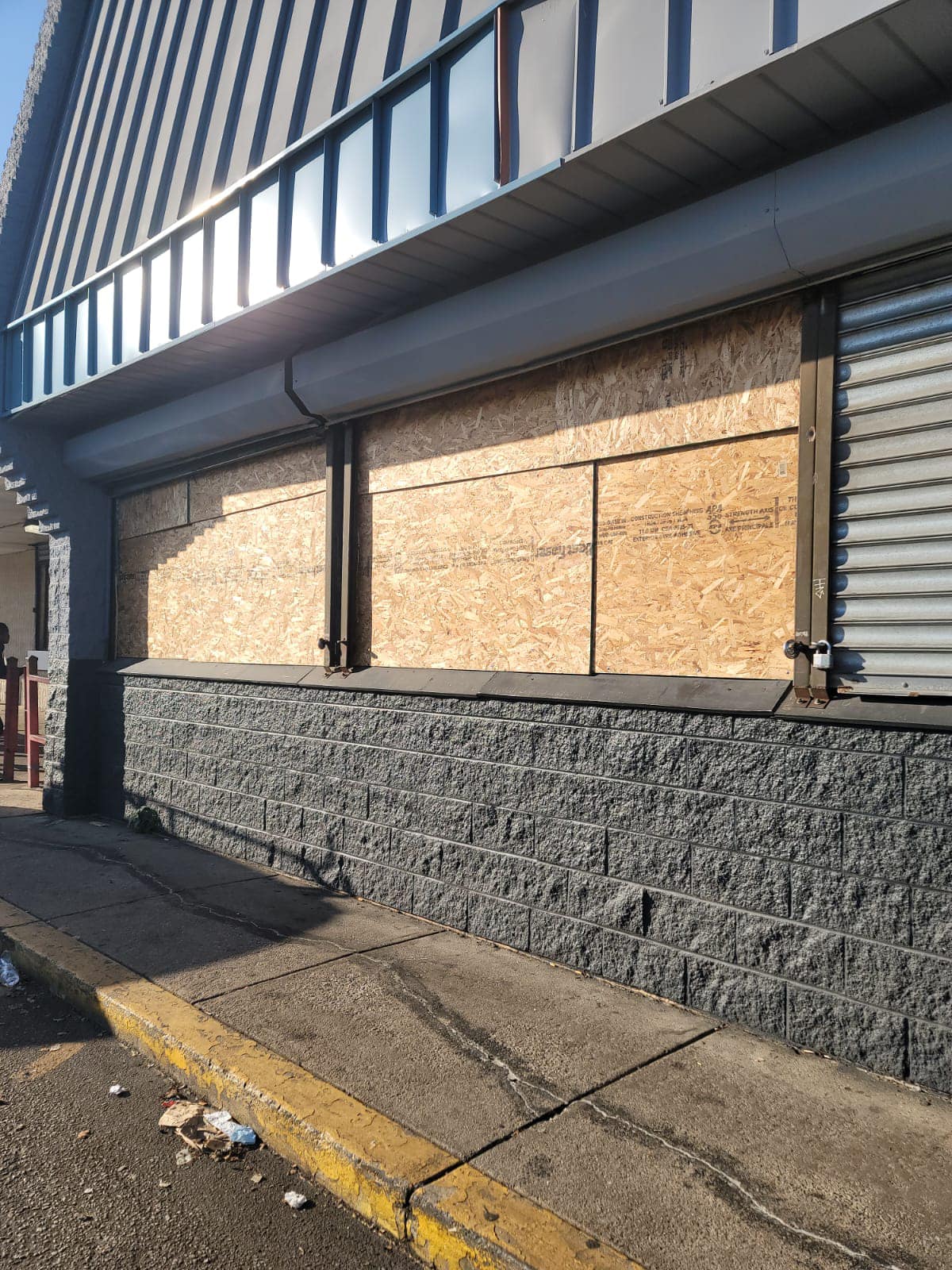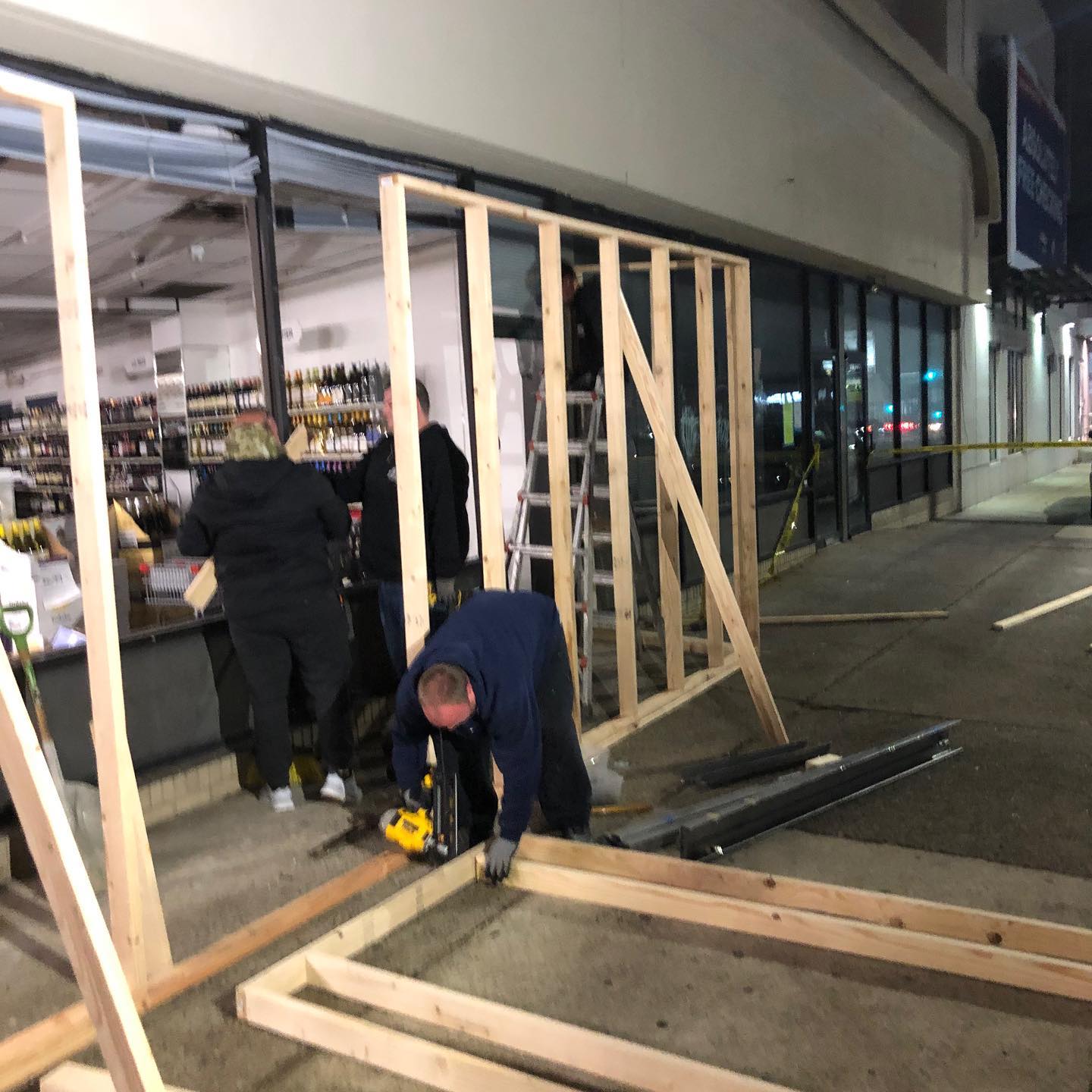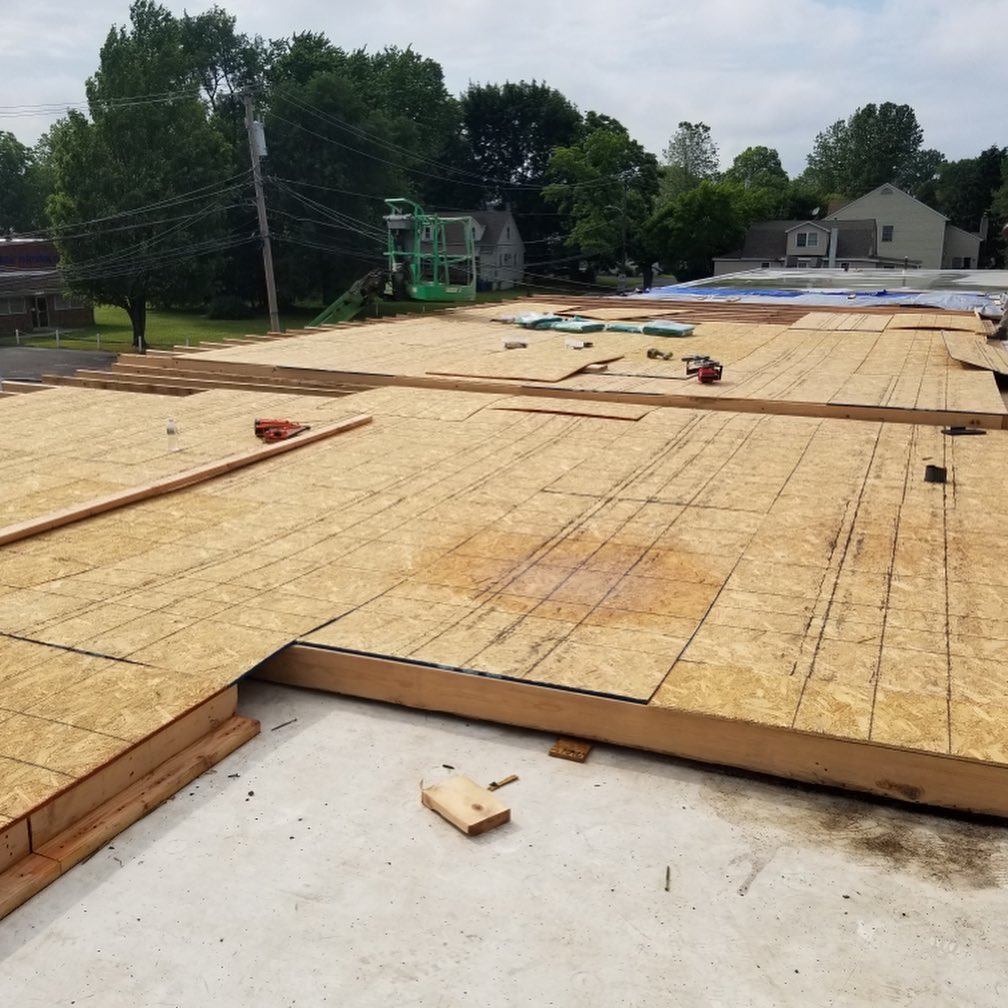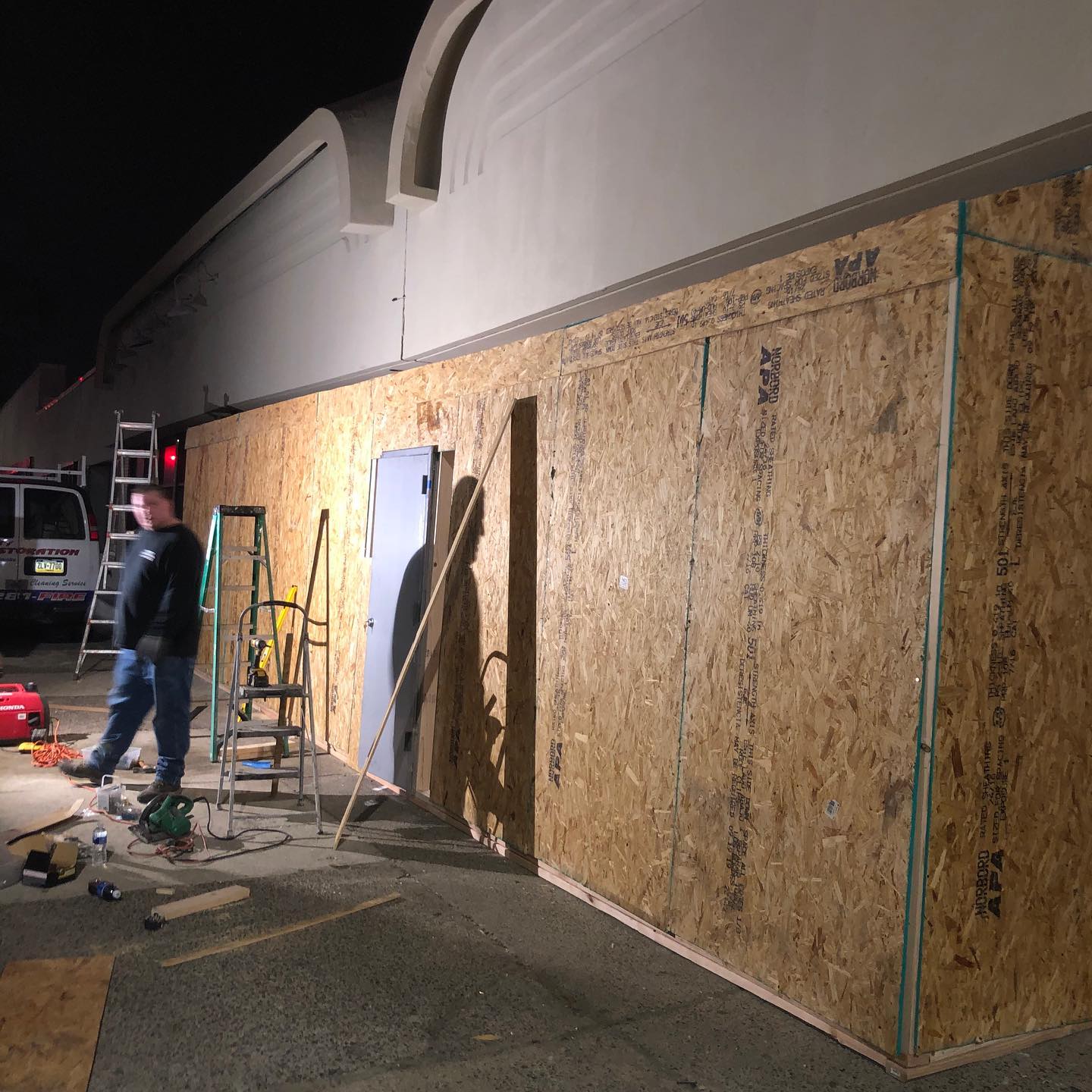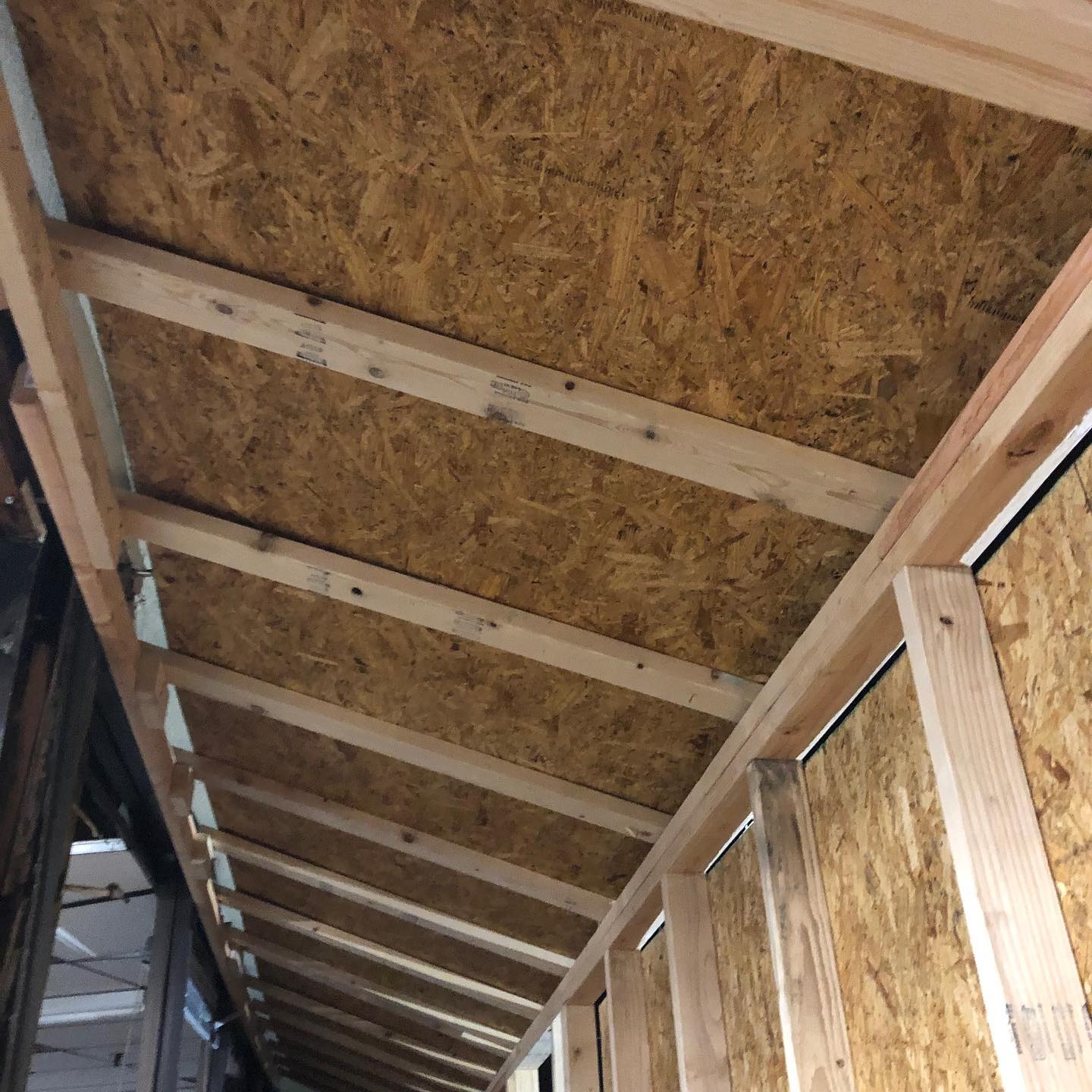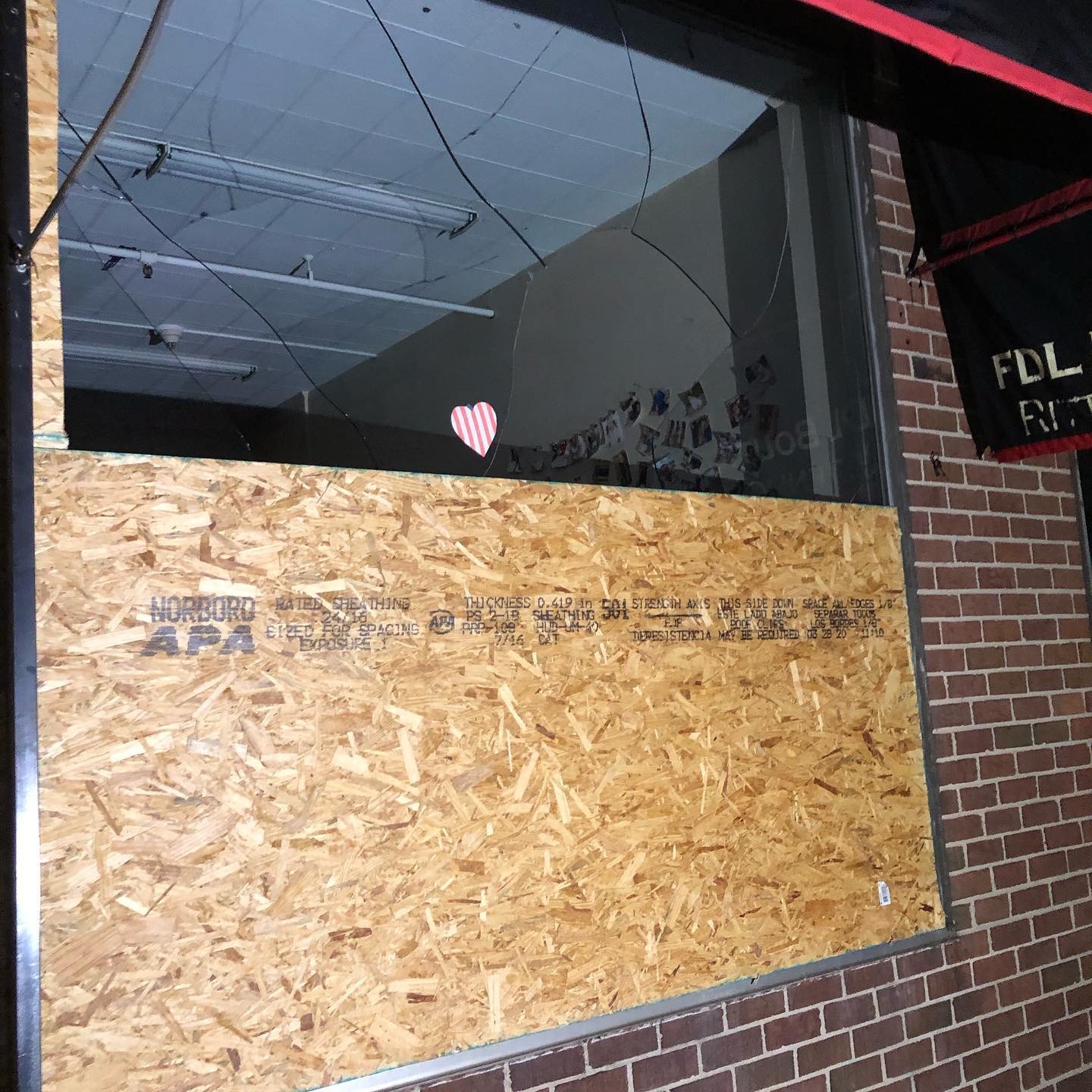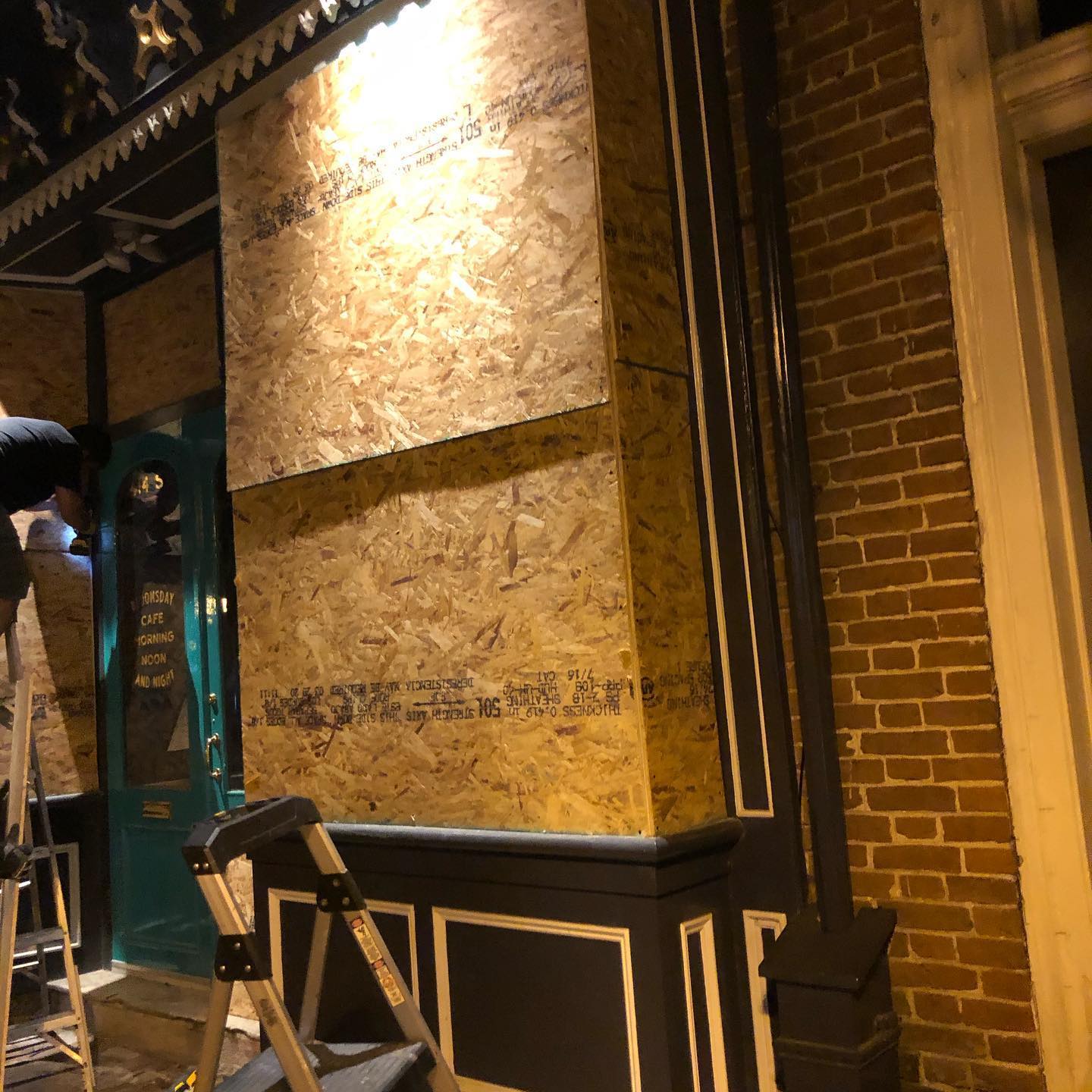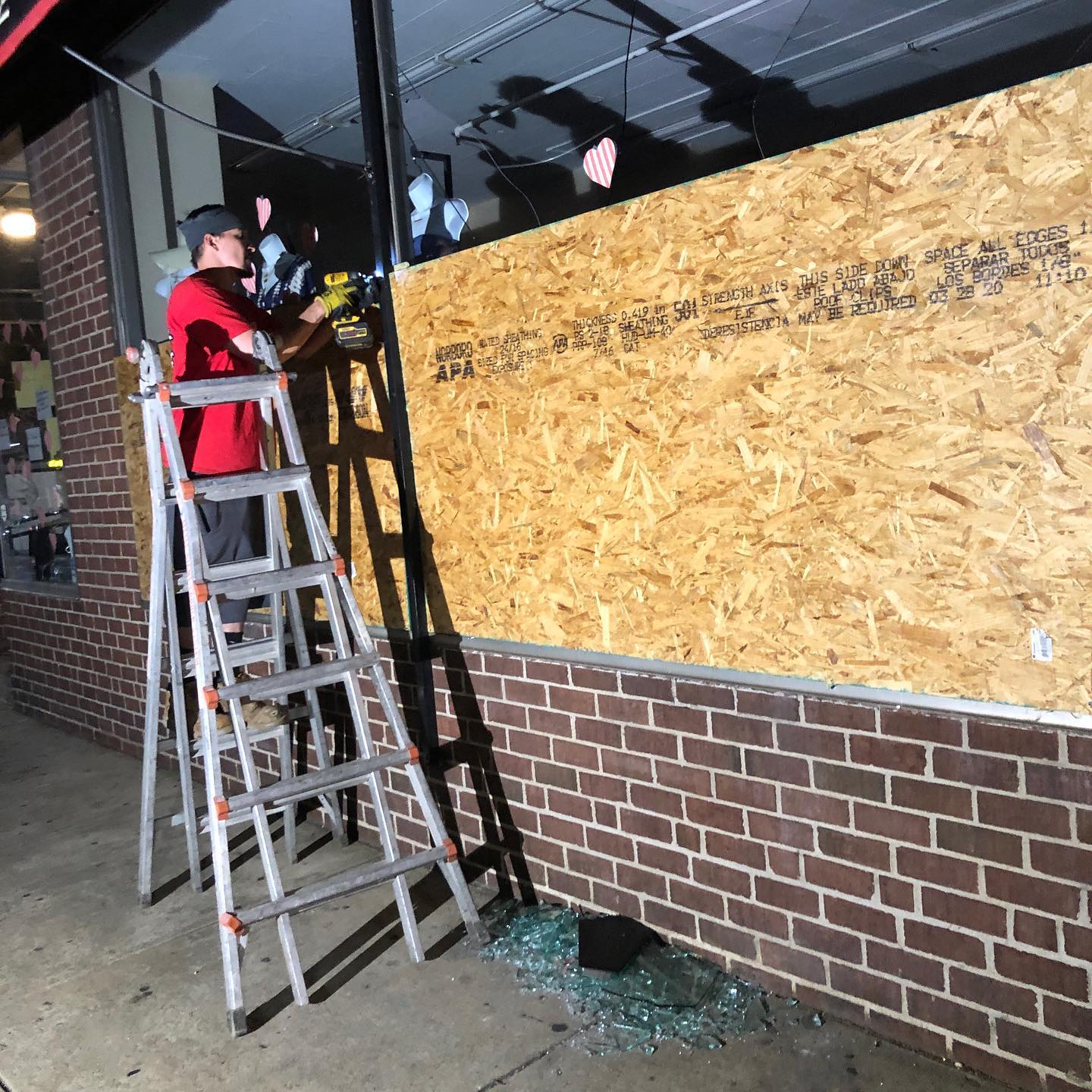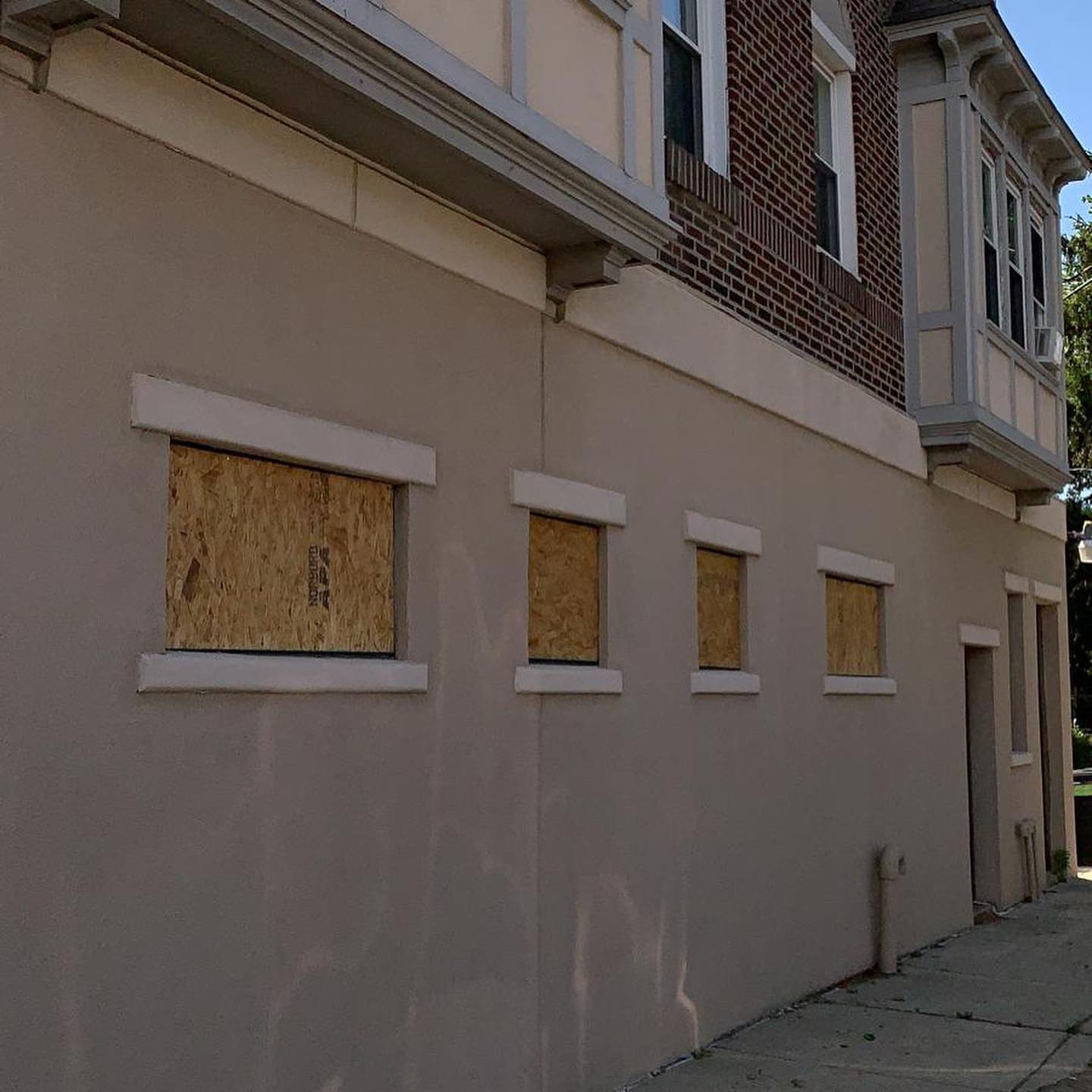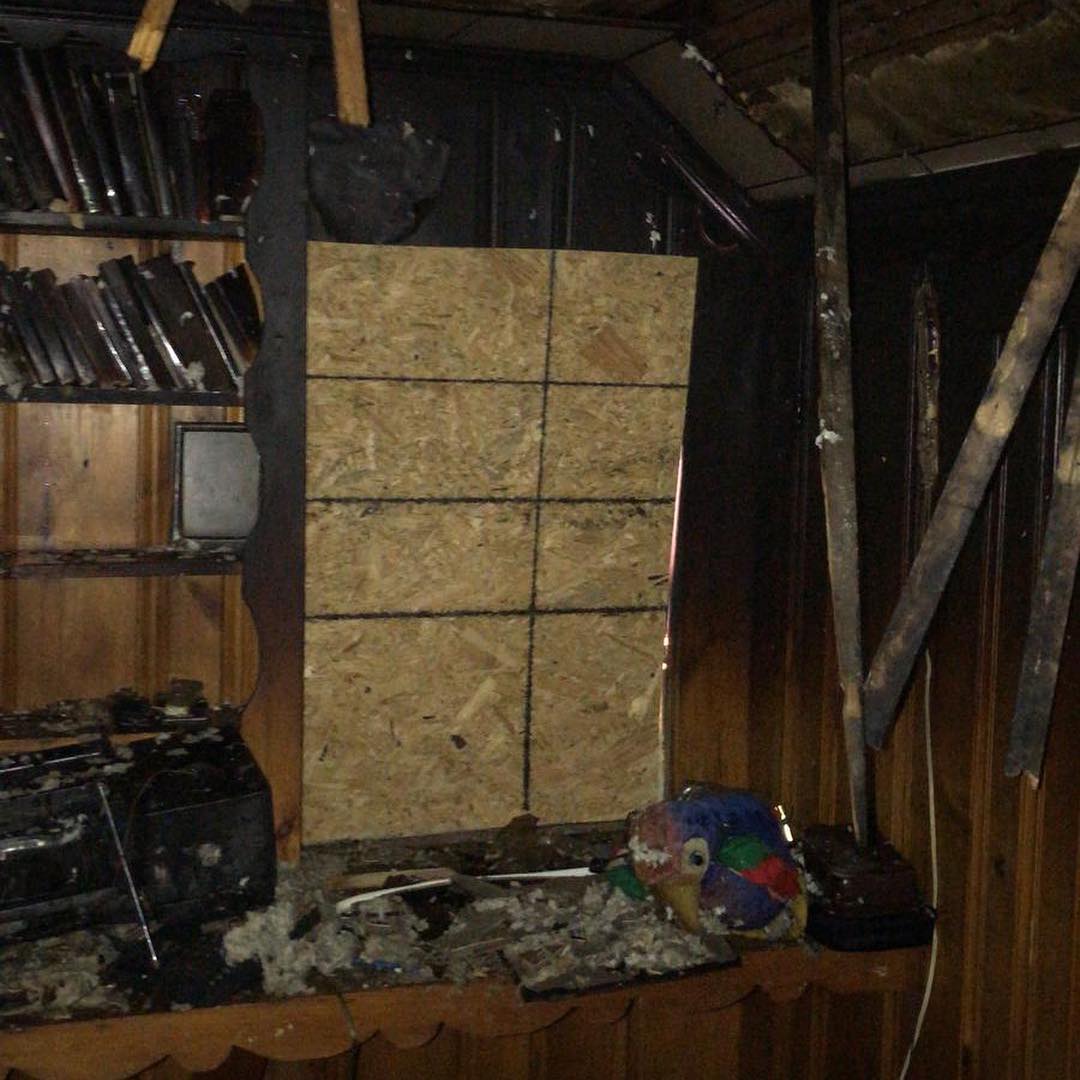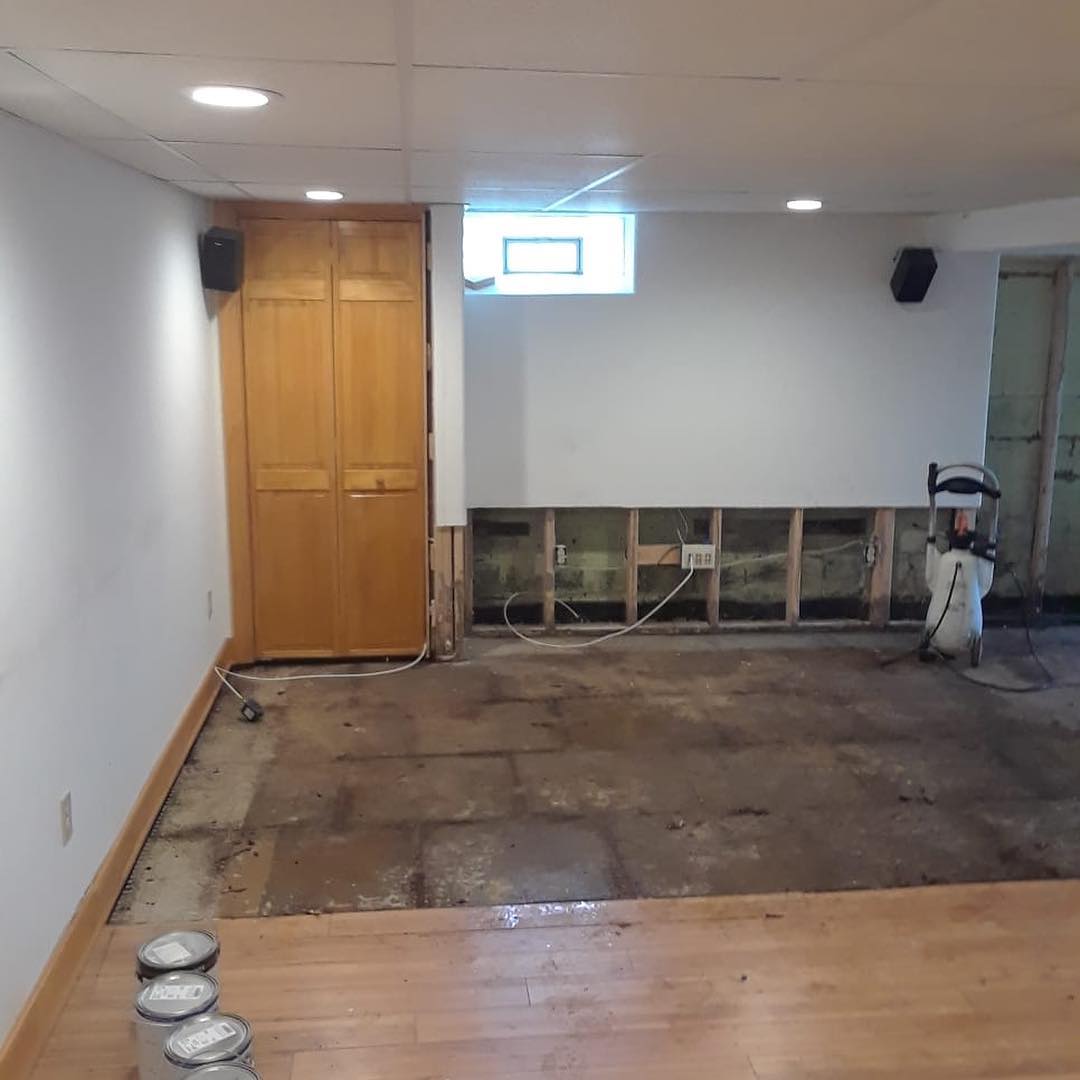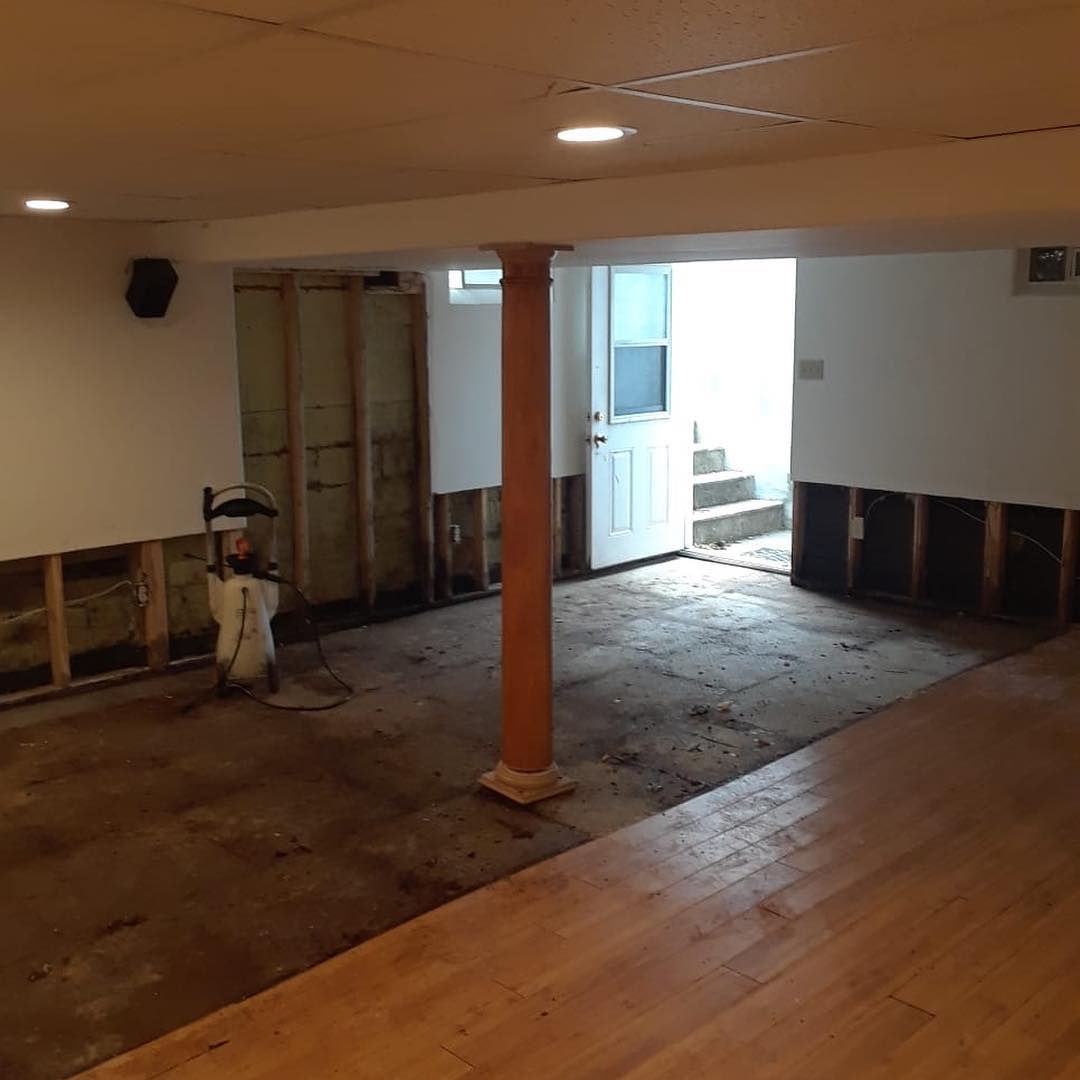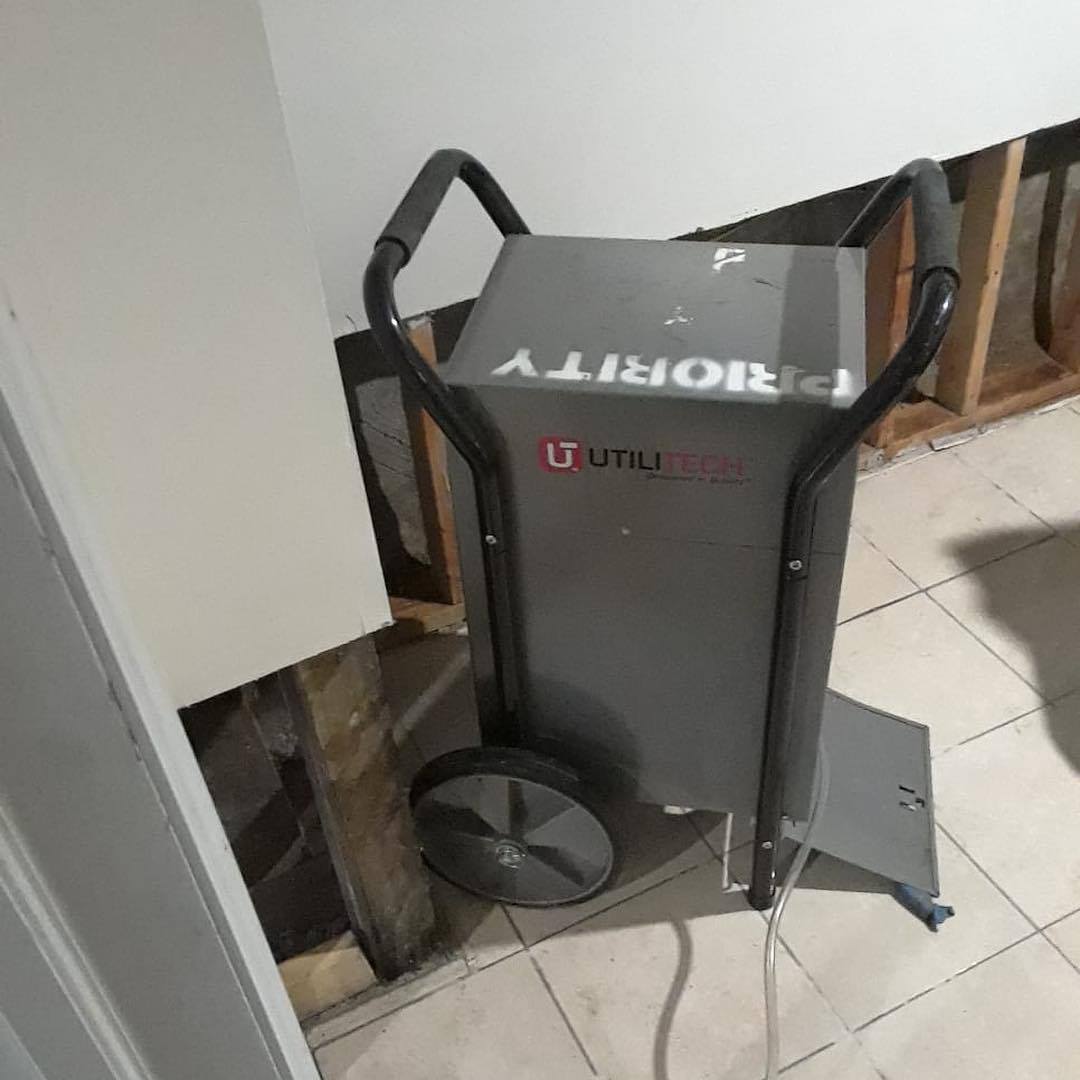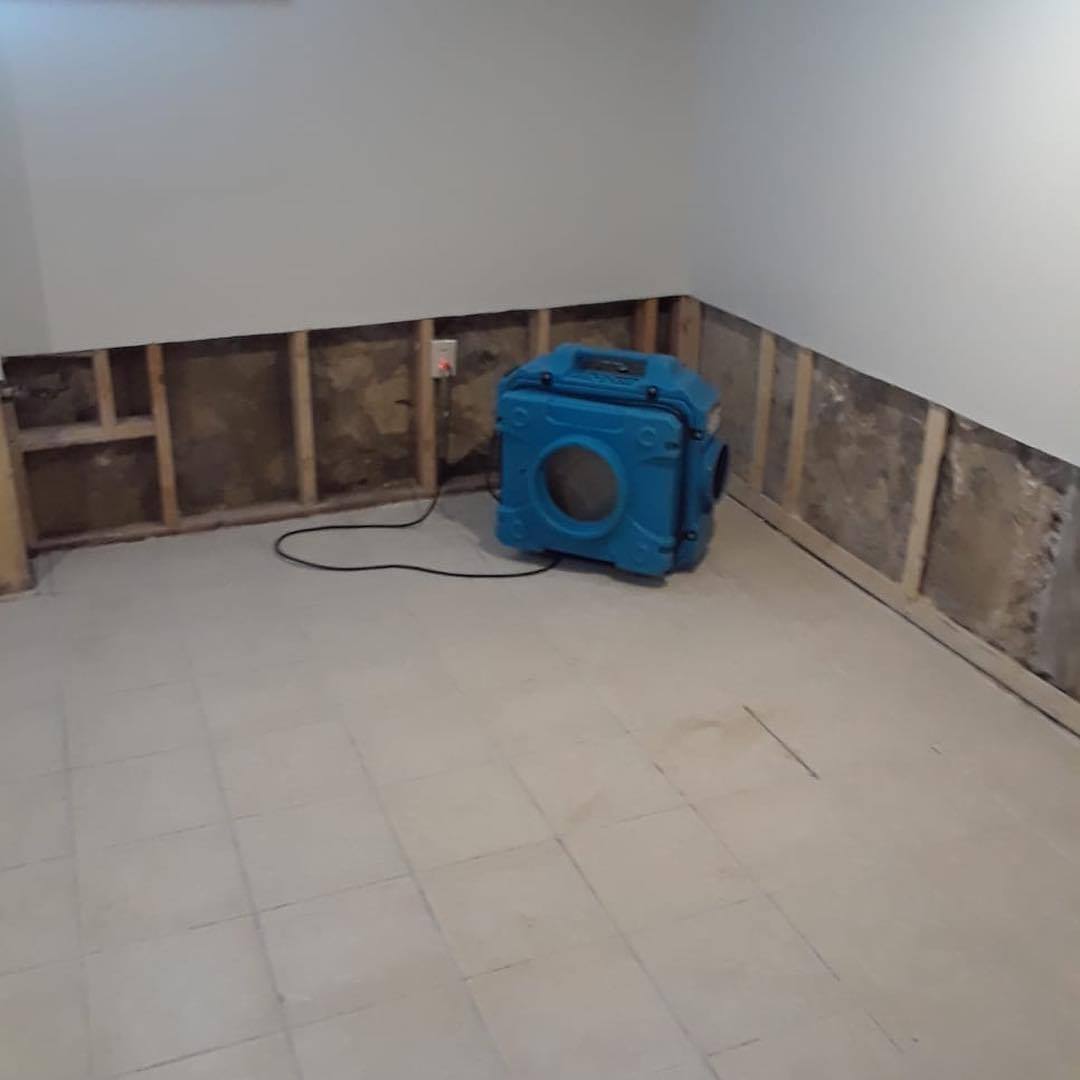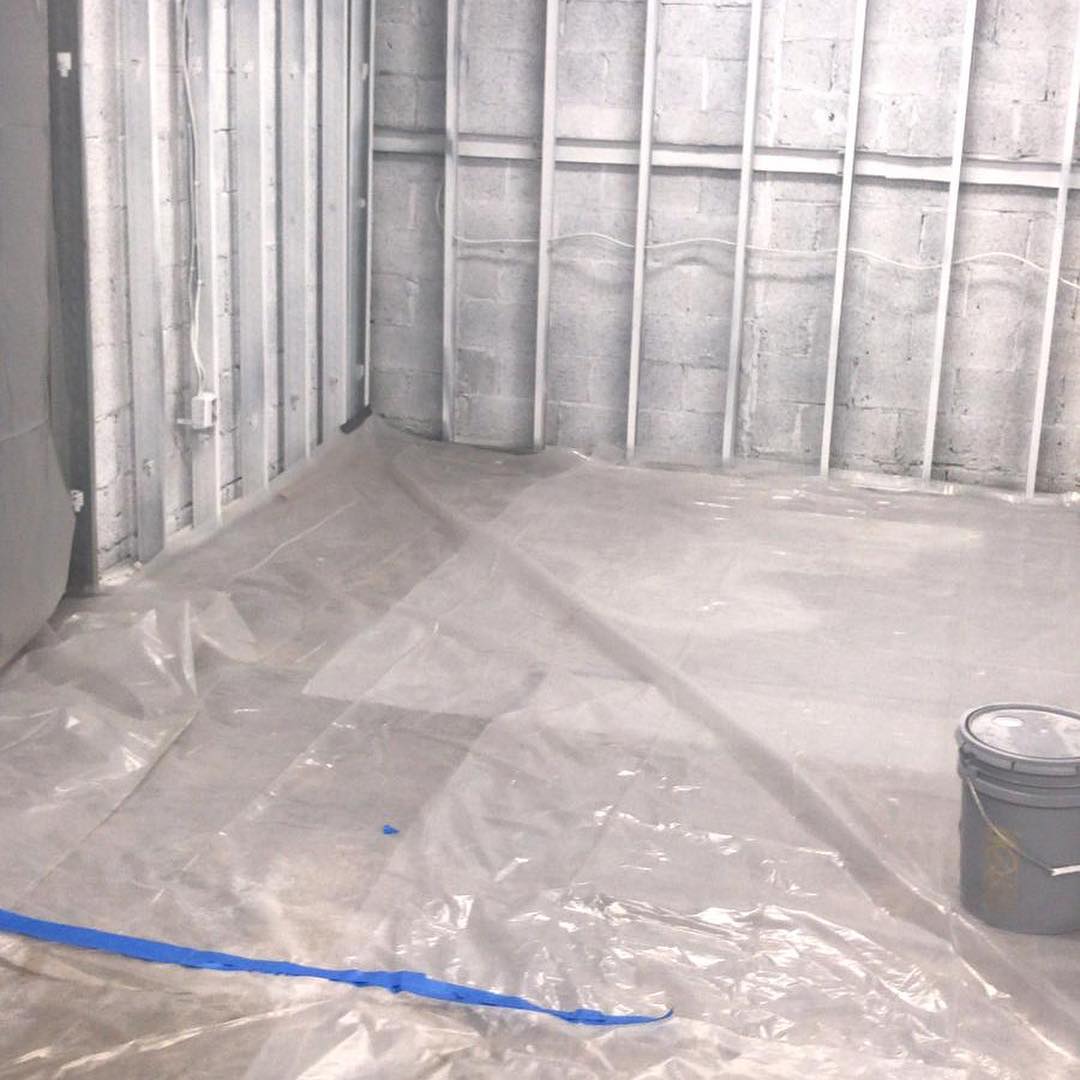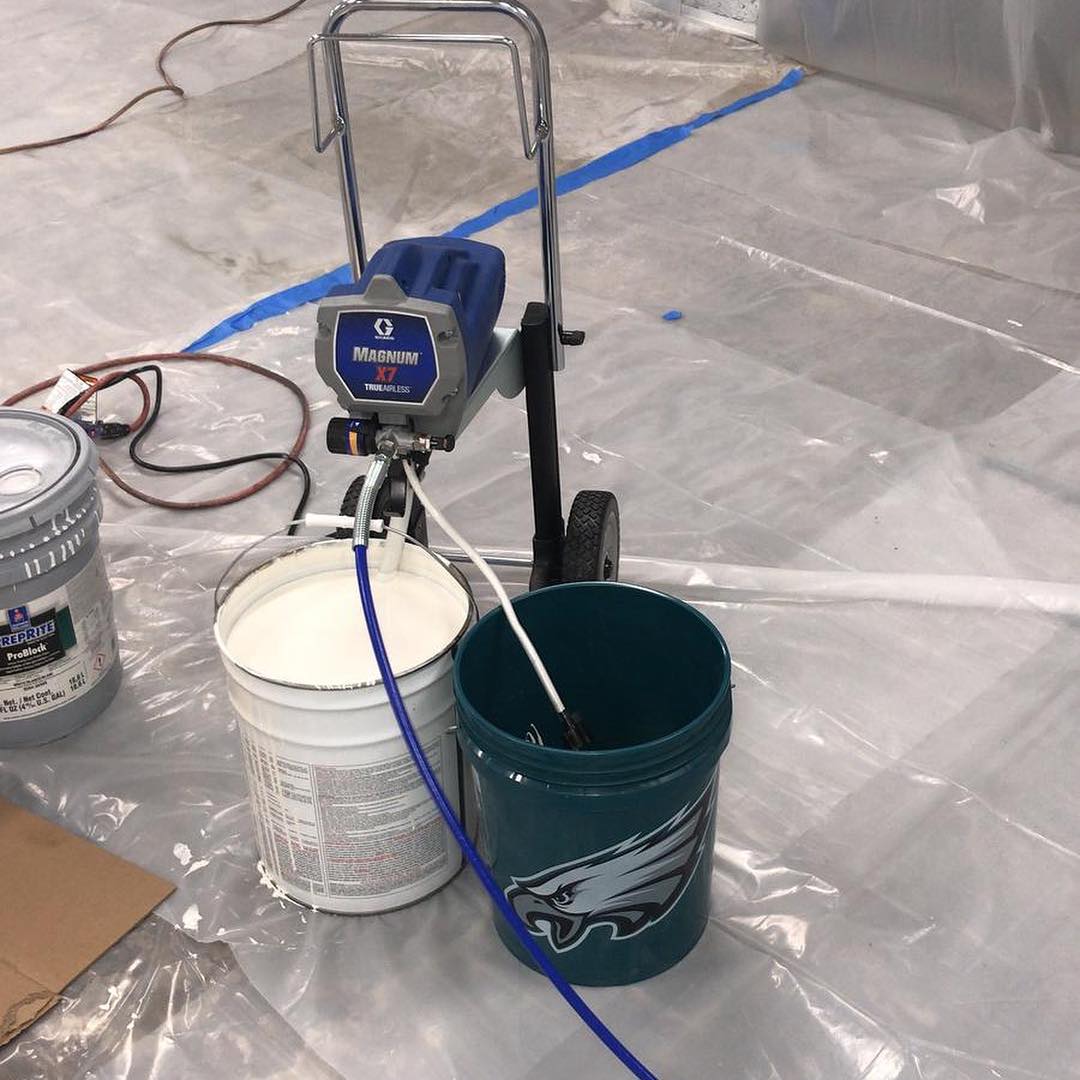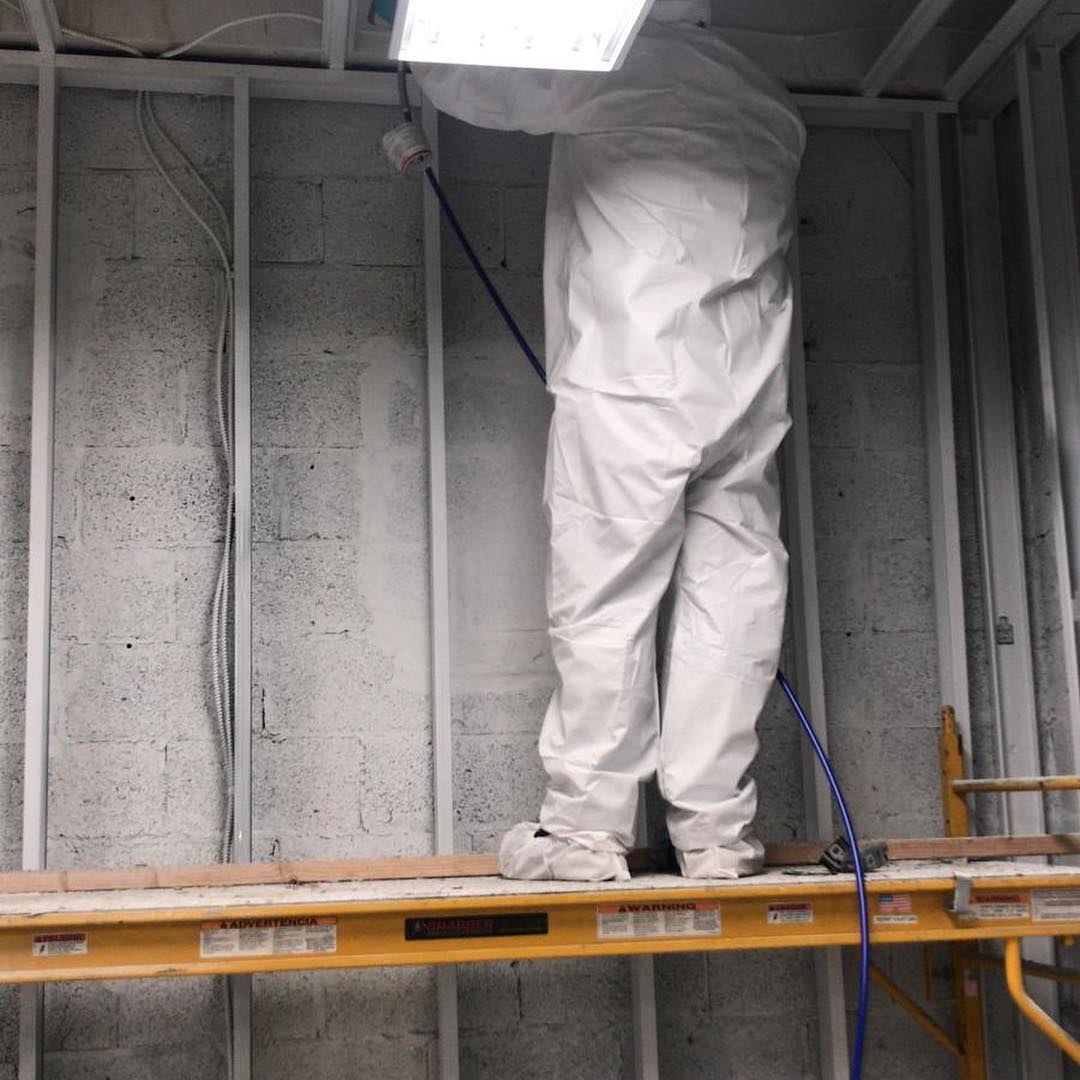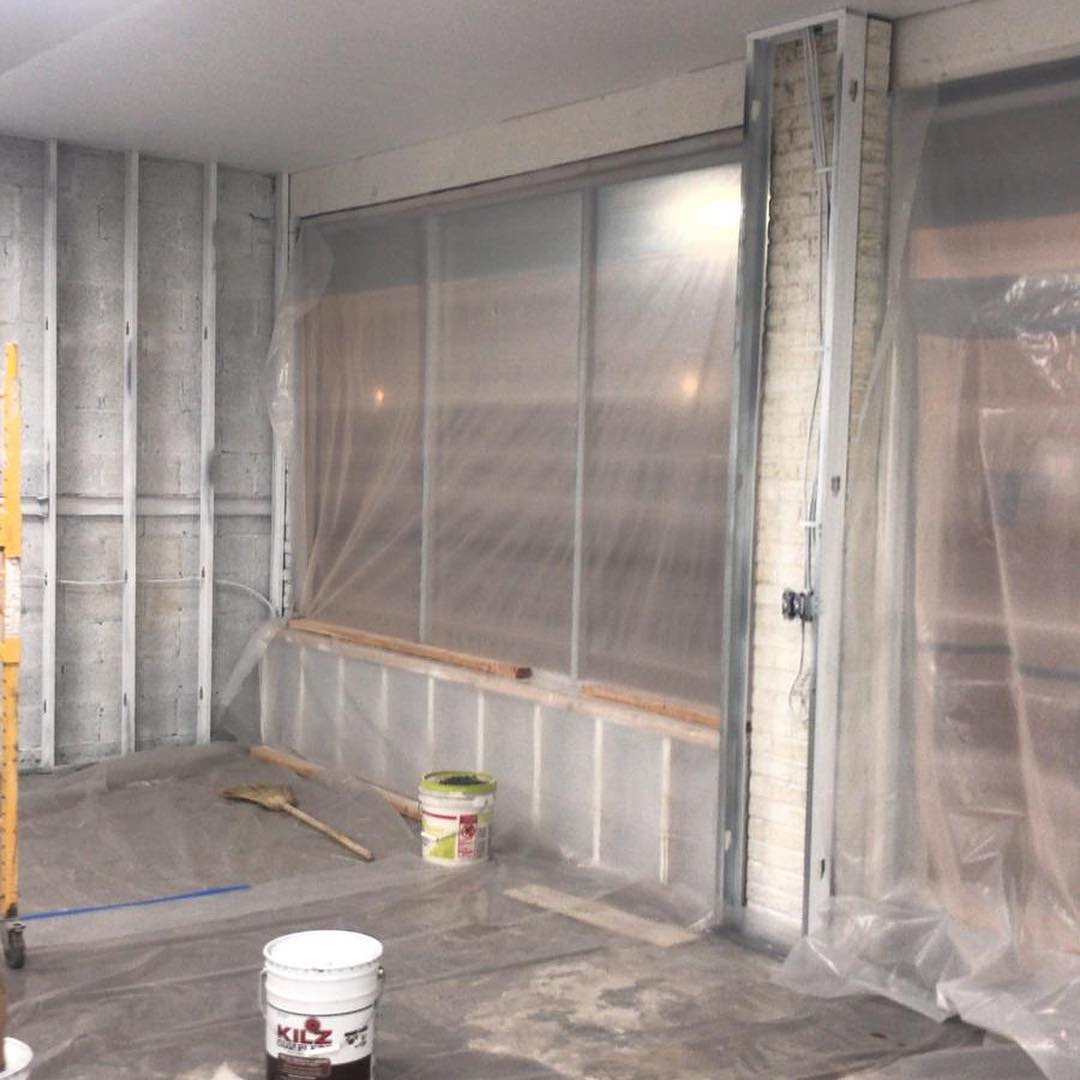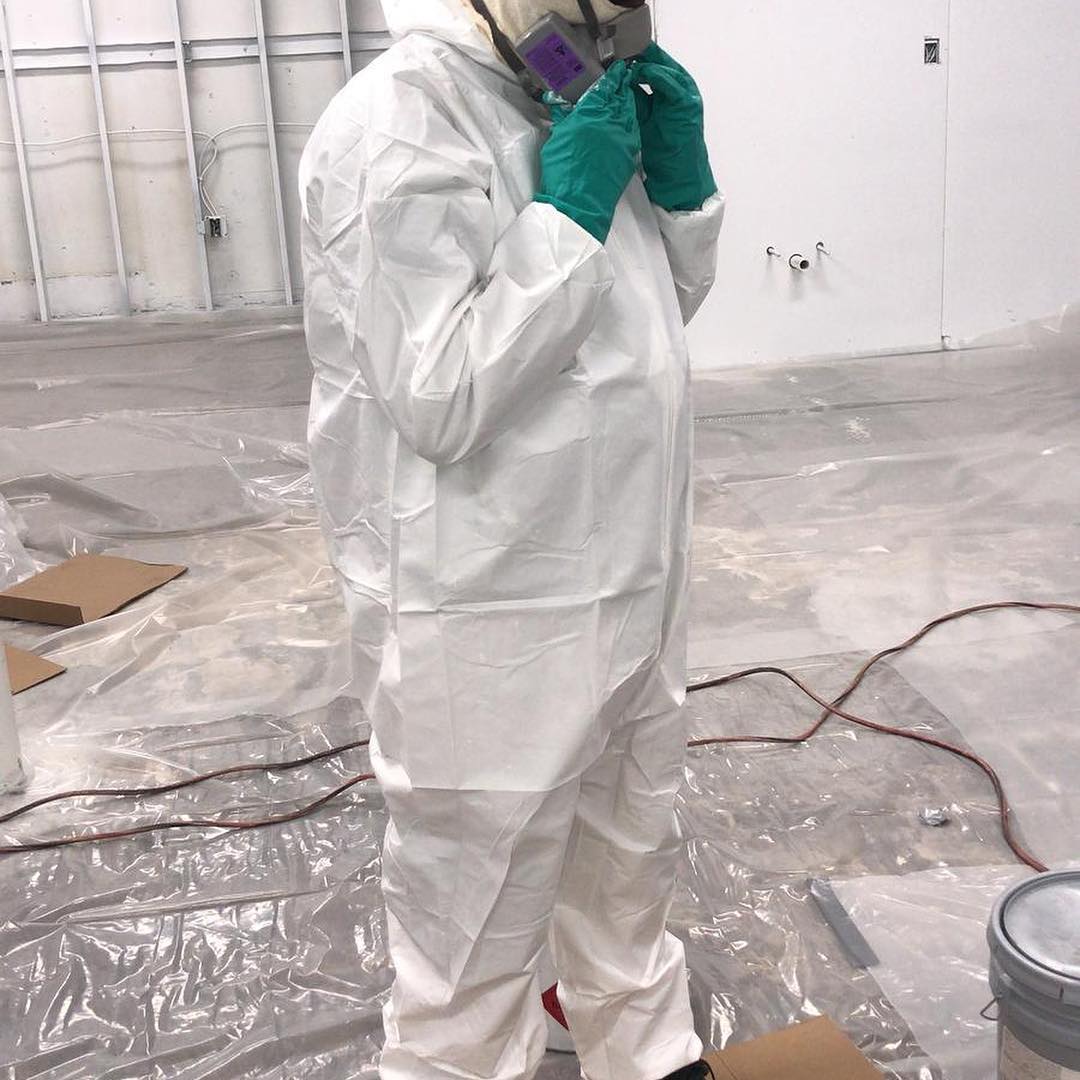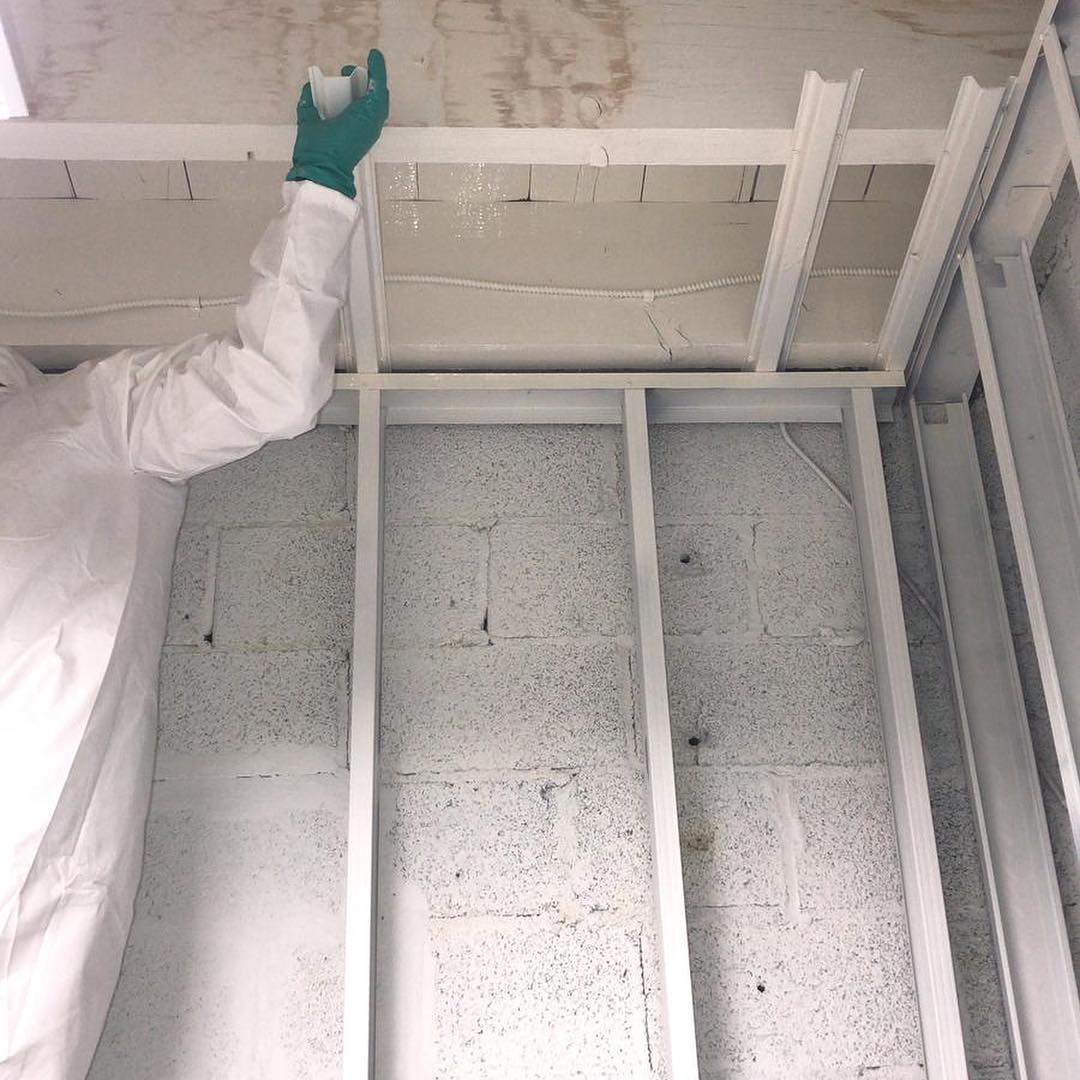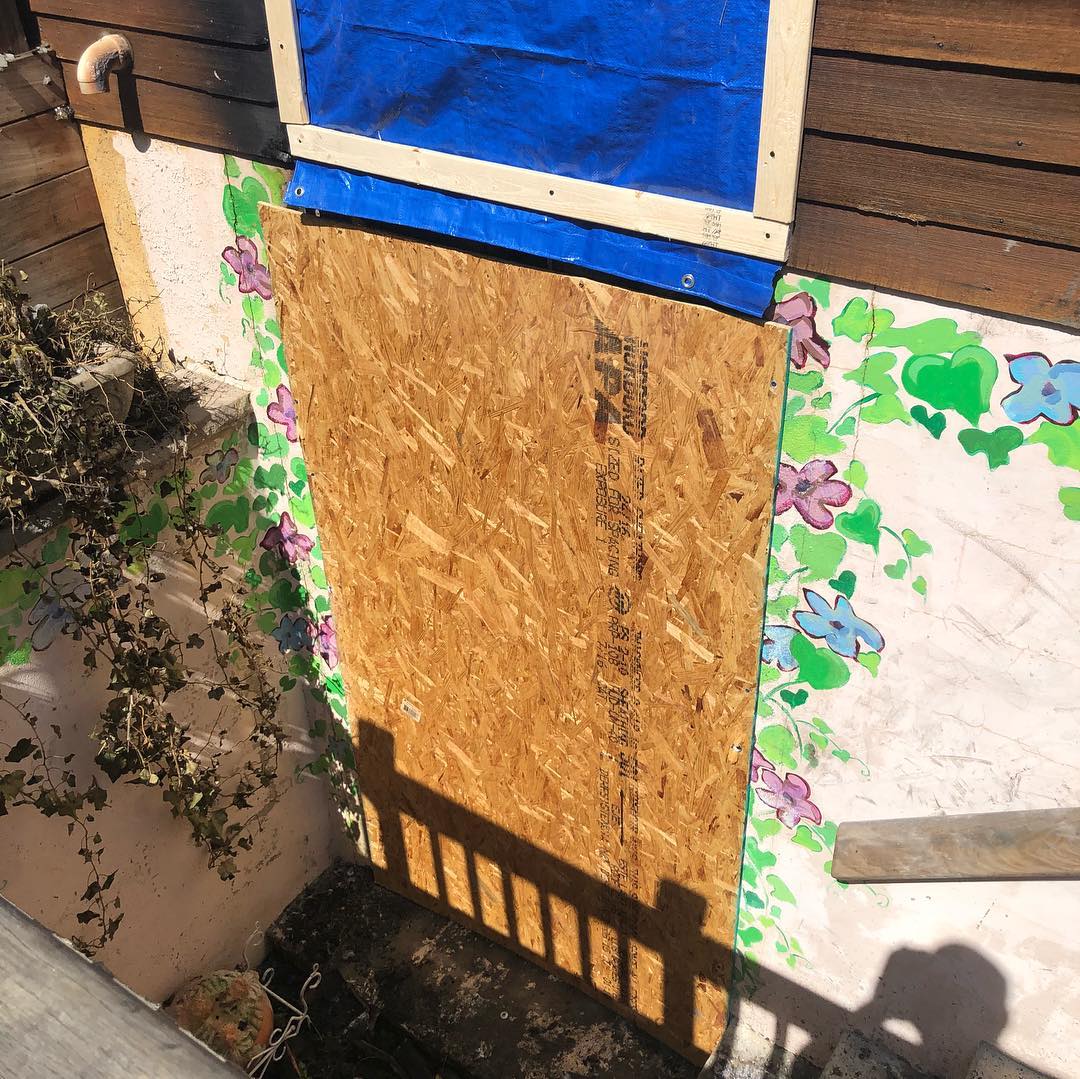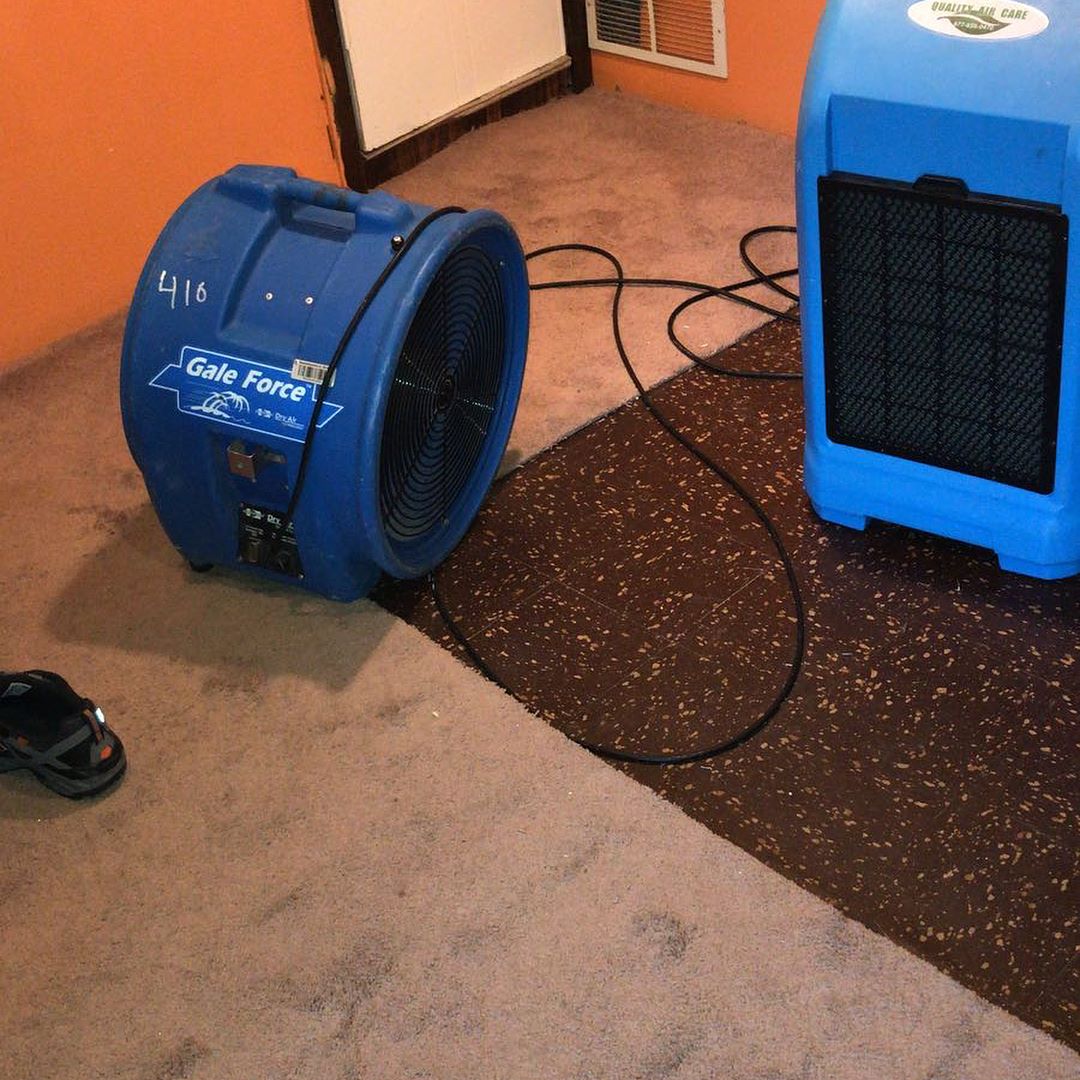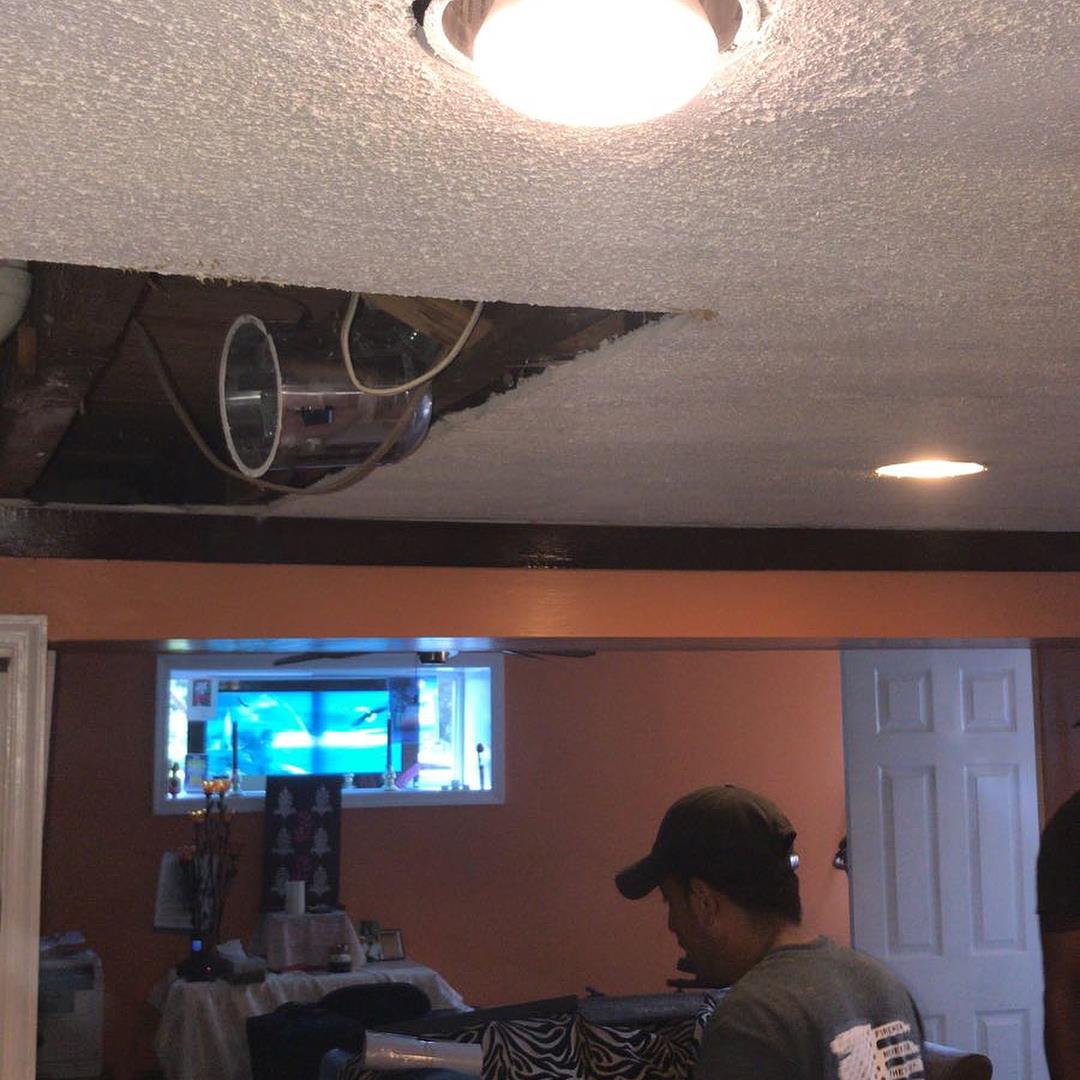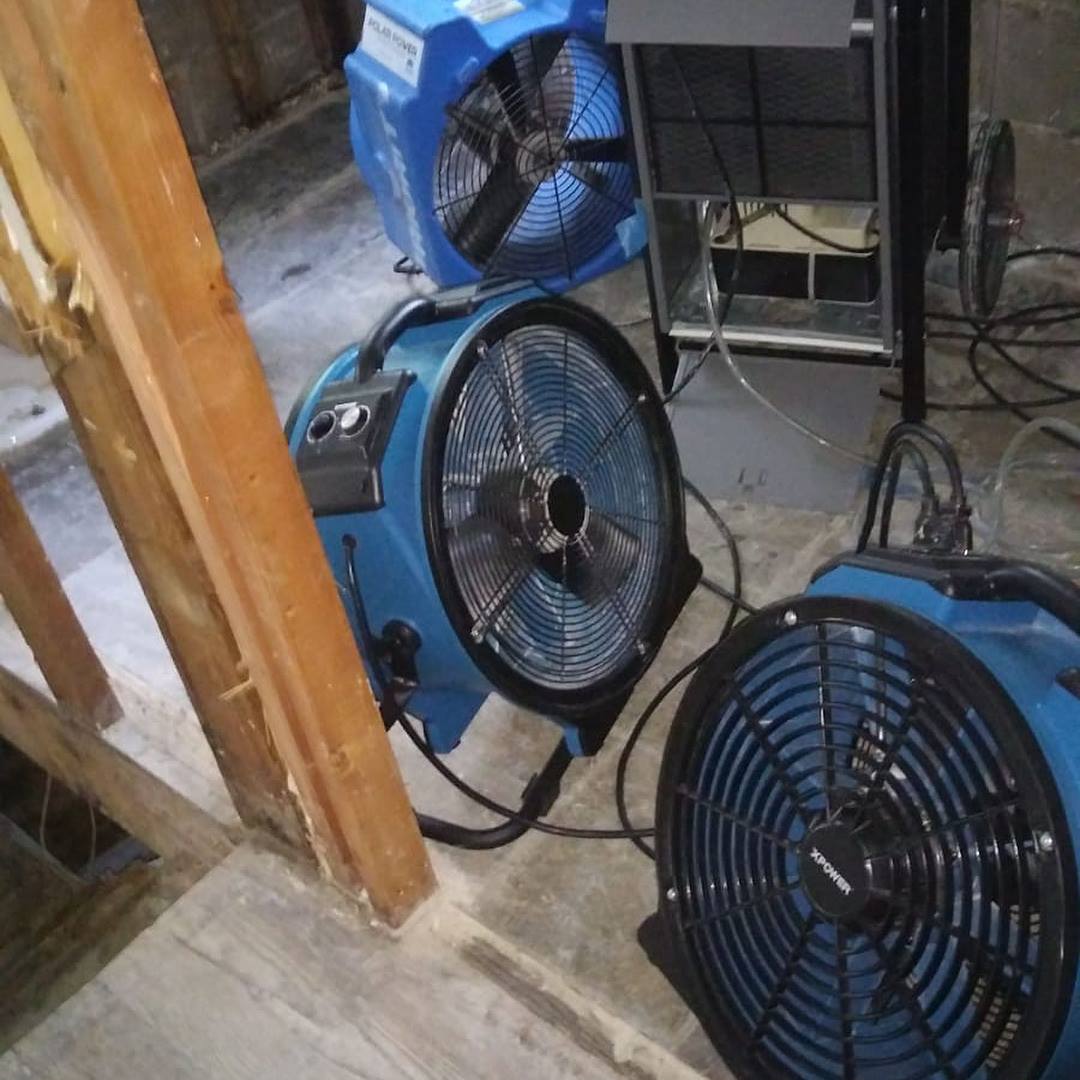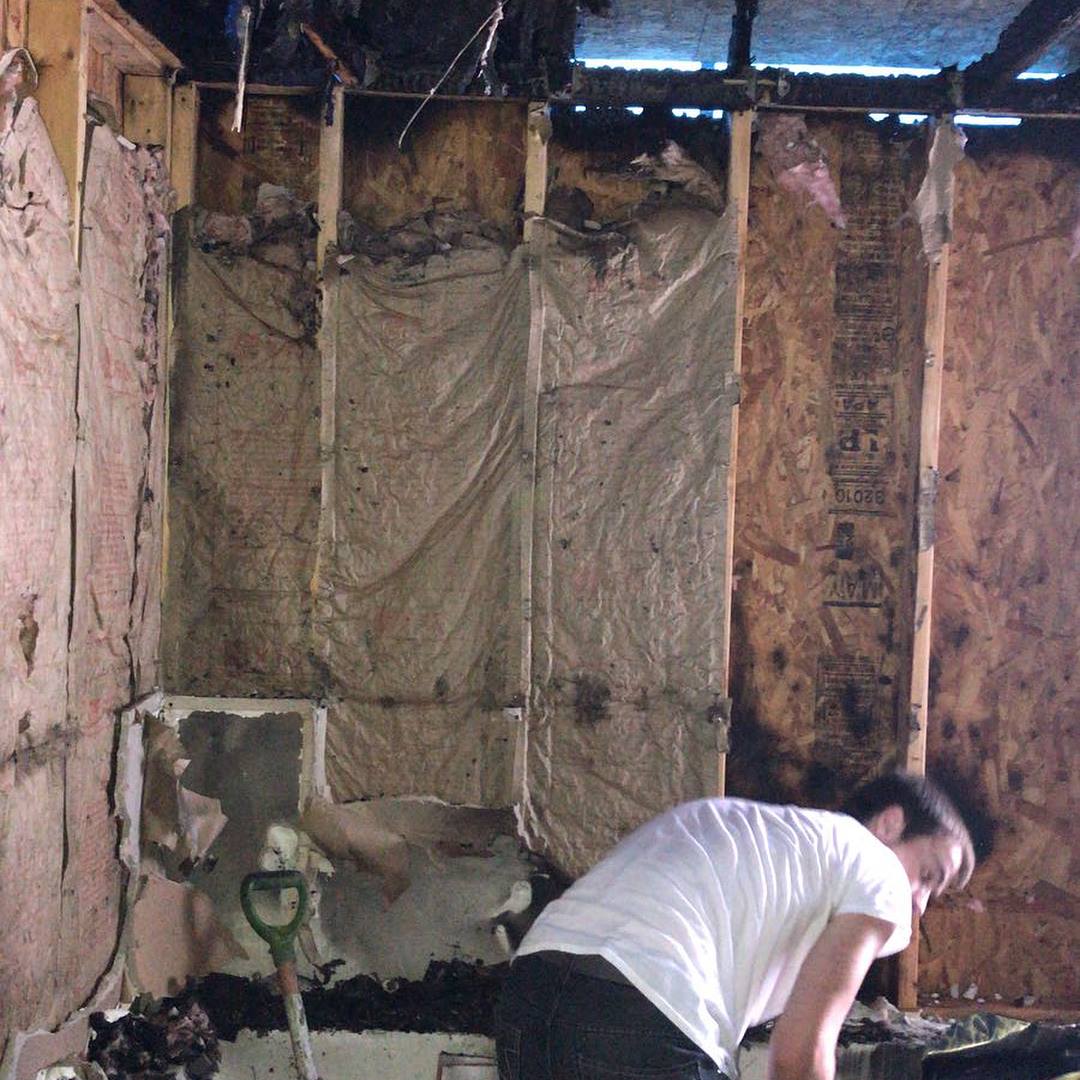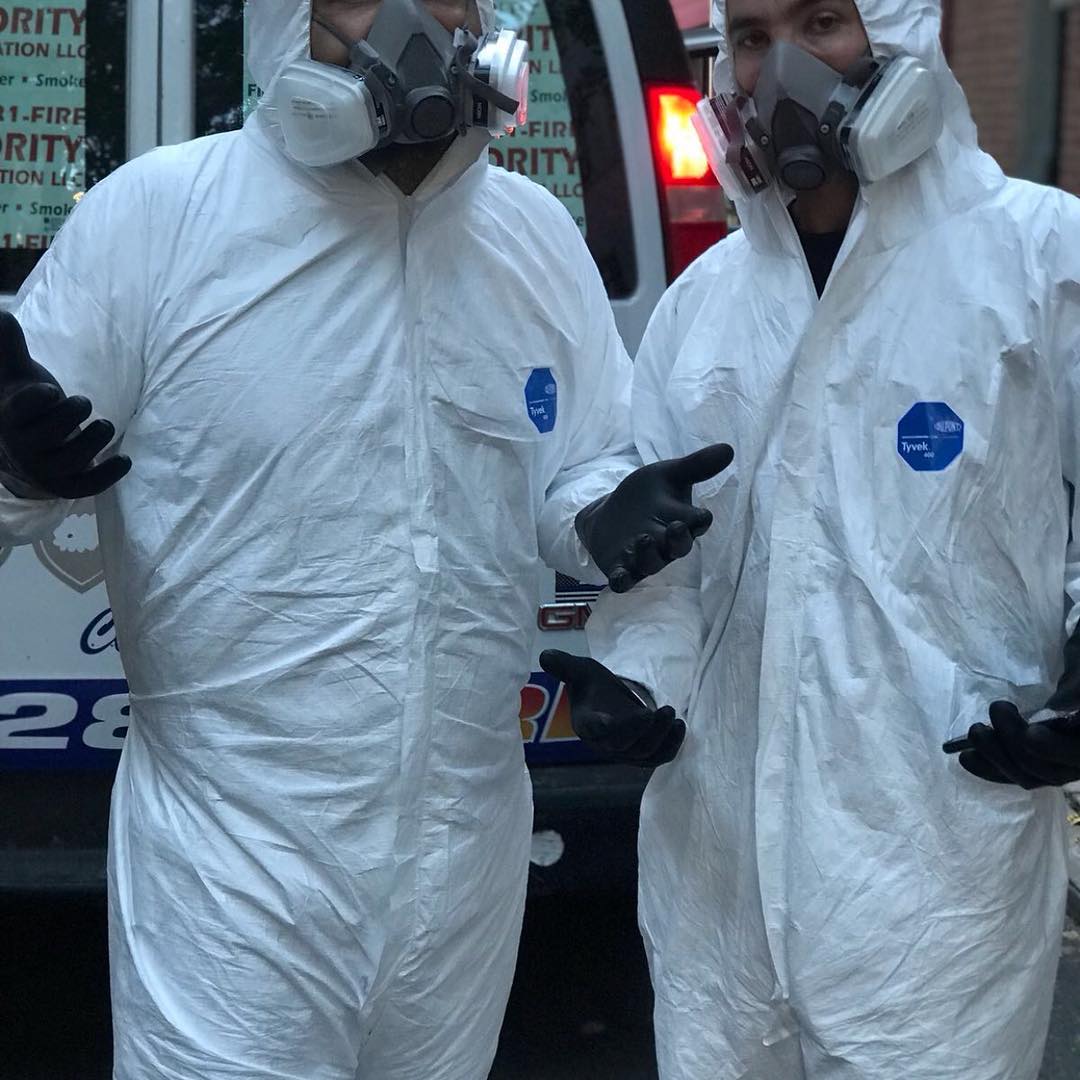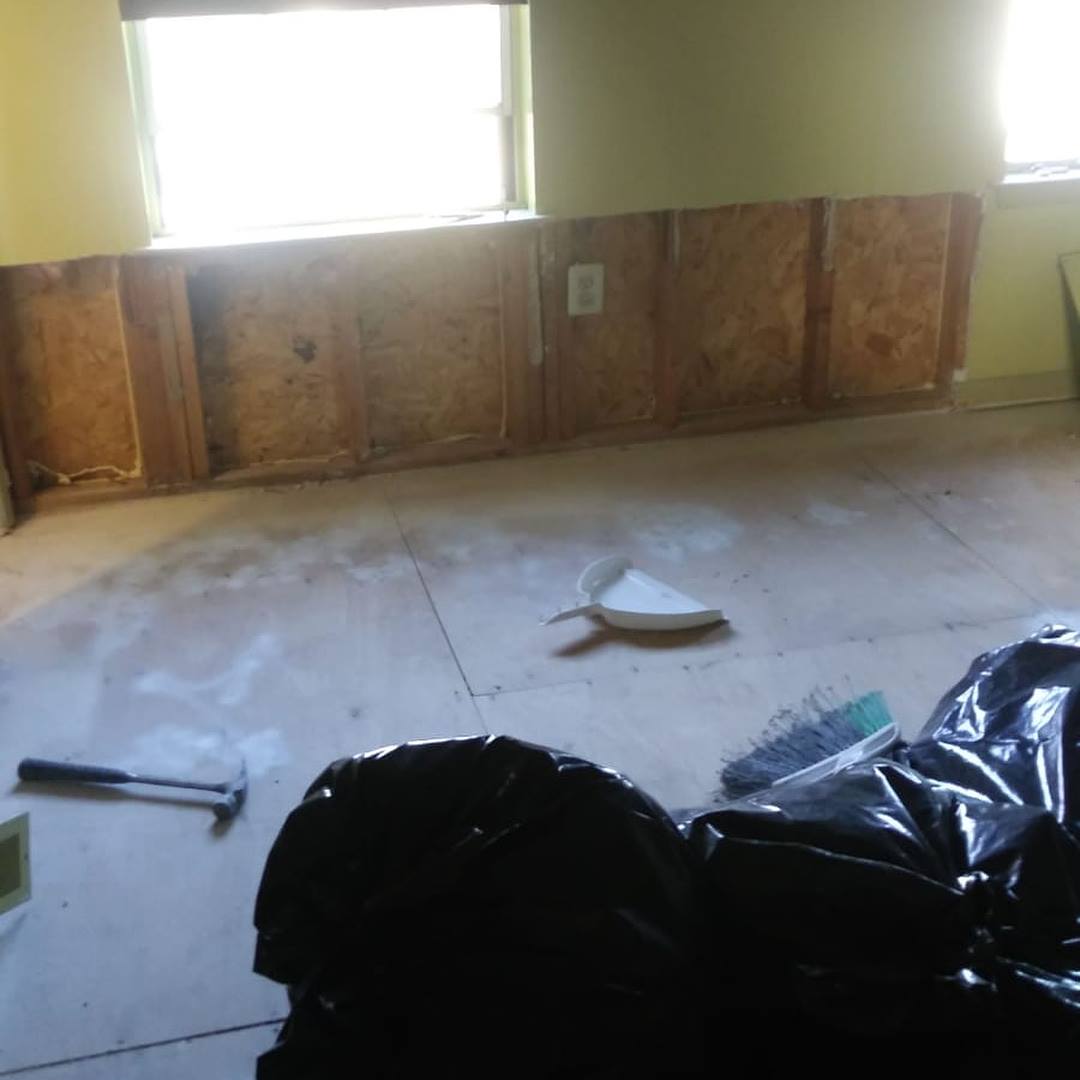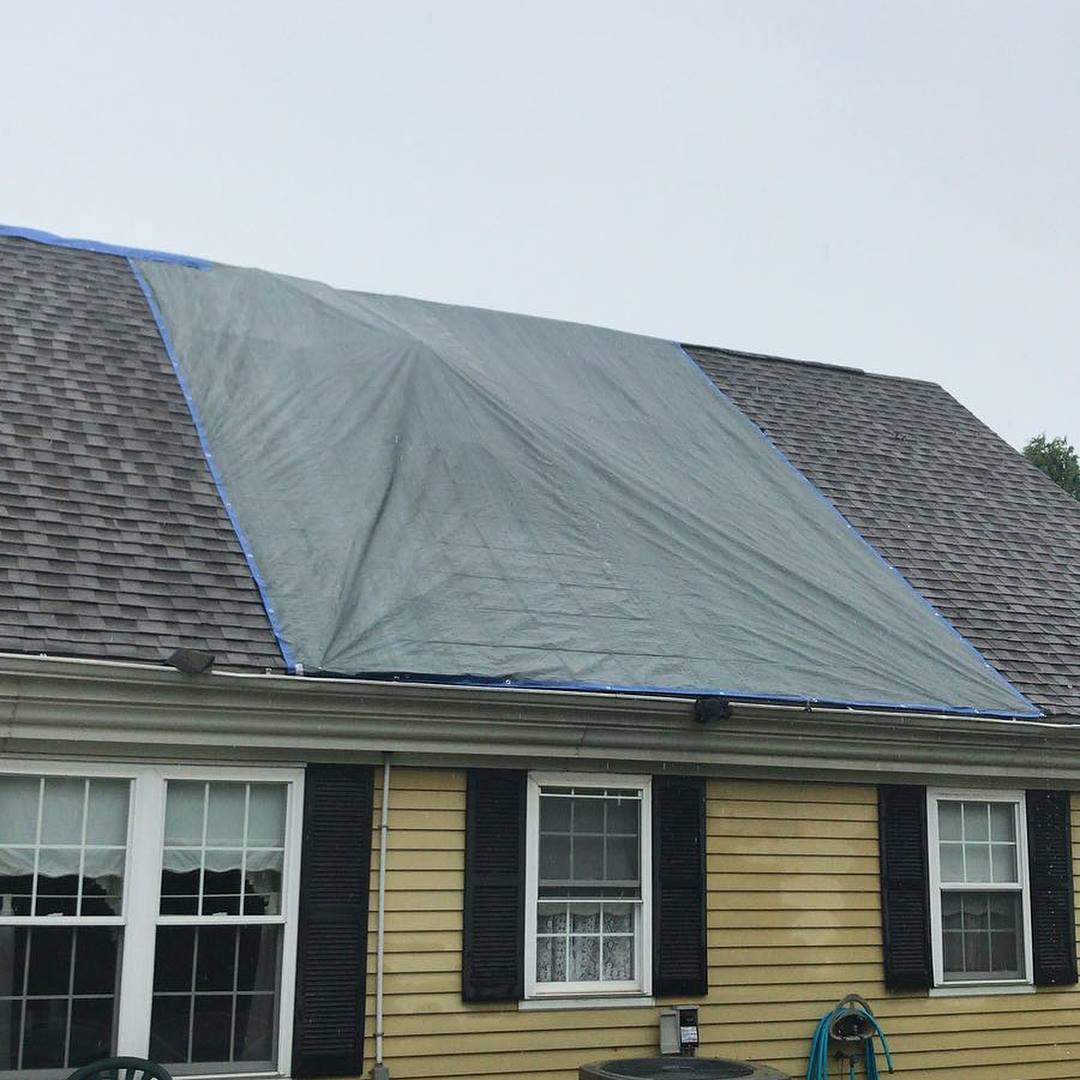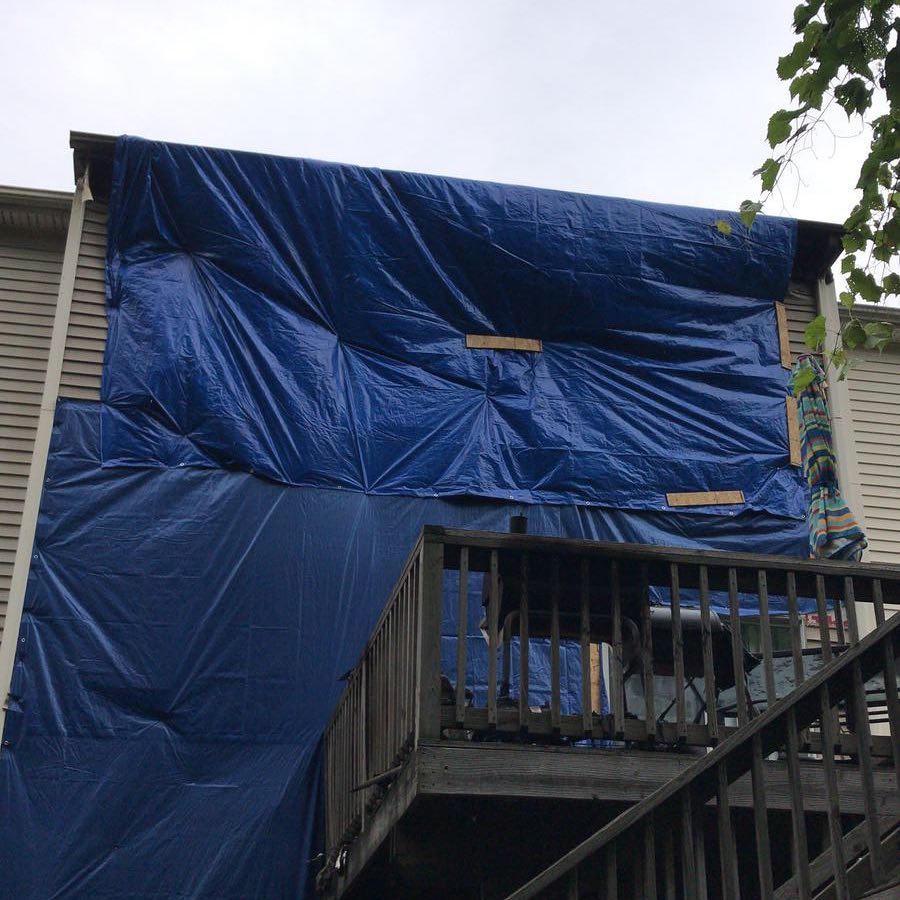
When dealing with furnace fire damage, you need a reliable and local team of Philly damage restoration experts in your corner. We've restored 100s of properties, both residential and commercial, in the Philly area and we're ready to come out and help you 24/7.
We're certified, insured, and work with all insurance companies. We understand how overwhelming it can be dealing with unexpected damage so let us assist you with your claim so you can focus on getting your life back on track.

Request a Free Estimate
or call (445) 234-4123
By submitting the form, you agree to our Terms of Service and Privacy Policy.
As the cold weather sets in, reliance on home heating equipment increases, raising concerns about fire hazards. A malfunctioning furnace can pose a serious threat to your family's safety. According to the National Fire Protection Association (NFPA), heating equipment is a leading cause of home fires, responsible for nearly 50,000 blazes, 500 civilian deaths, and over $1 billion in property damage annually. While space heaters and fireplaces are common culprits, central heaters, including furnaces, contribute to about 12% of these incidents. Understanding the primary causes of furnace fires is crucial for prevention.
Causes of Furnace Fires
Older furnaces are especially susceptible to safety hazards due to design differences and wear and tear. Regardless of its age, being aware of potential causes is key:
1. Overheated Motor
- A clogged filter can restrict airflow, causing the motor to overwork and overheat, increasing the fire risk.
- Dirt accumulation around the motor can insulate it, trapping heat and potentially causing a fire.
- Exposed or corroded wiring can lead to high voltage, elevating the risk of an electrical fire.
- Overly tight or worn motor bearings, without proper lubrication, can overheat and catch fire.
2. Blocked Furnace Flue
- Debris or animal nests can block the flue, restricting oxygen flow, causing soot buildup, improper ventilation, and increasing the risk of flame rollout.
- Flame rollout can lead to internal furnace parts burning and, if not addressed, may result in severe damage and fire spread outside the furnace.
3. Clogged Heat Exchanger
- Soot or corrosion in the heat exchanger reduces performance and increases the risk of flame rollout.
4. Cracked Heat Exchanger
- Corrosion-caused cracks reduce suction, decrease airflow, increase flame rollout, and release carbon monoxide (CO) into the home, which can be fatal.
- CO can flash back to the source and ignite if a flame is present.
5. Improper Gas Pressure
- Too little pressure, often from clogged burner orifices, can cause burner flames to roll out and accelerate corrosion.
- High gas pressure can lead to excessive heat, causing soot inside the heat exchanger to combust and spread to other areas.
6. Flame Rollout
Flame rollout is a serious furnace malfunction that occurs when the flames from the burner don't stay contained within the heat exchanger and instead "roll out" into the surrounding area. This can lead to fires and poses a significant risk to your home and safety.
Causes of Flame Rollout:
- Blocked flue or vent pipes can cause the flames to roll out.
- Excessive heat inside the furnace due to issues like high gas pressure or a malfunctioning limit switch can also lead to flame rollout.
- Dirty or corroded burners may not distribute the flame properly, increasing the likelihood of rollout.
Preventing Flame Rollout:
- Ensure proper installation of your furnace with adequate venting and clearance around the unit.
- Regularly inspect and clean the furnace and flue to prevent blockages.
- Install a flame rollout switch, which shuts down the furnace if it detects flames outside the combustion chamber.
- Schedule regular professional maintenance to check for and address any issues that could lead to flame rollout.
Preventing Furnace Fires
To prevent furnace fires, follow these steps:
- Regularly change the air filter: Check it monthly and replace it when dirty or every three months.
- Check the furnace flue: Remove any obstructions from the exterior vent.
- Keep combustibles away: Store items like cardboard, paper, and clothing at least 3 feet away from the furnace and other heating equipment.
- Install a flame rollout switch: This device detects fires or hot gases in the burner compartment and should prompt immediate furnace inspection and repair.
- Schedule annual furnace maintenance: Have your furnace inspected every fall, as it's not always easy to detect unsafe operation without professional assessment.
Philadelphia Gas Furnace Fires
In Philadelphia, furnace fires have been a concern in many neighborhoods. In one incident in South Philadelphia, an older furnace with a clogged filter caught fire, leading to significant property damage. Another incident in North Philadelphia highlighted the danger of blocked flues, as debris buildup caused a furnace to malfunction and emit smoke, prompting a quick response from the fire department.
Frequently Asked Questions About Furnace Fires in Philly
Furnace fires can be caused by issues such as electrical problems, malfunctioning components, clogged filters, or issues with the fuel supply in gas furnaces.





















